There’s a new child in town, and it’s not the twinkling fir trees and wreaths, eggnog, stockings, or the office secret Santa. The ugly Christmas sweater has firmly established itself in yuletide culture during the previous decade. You’ve seen it before. It’s a wooly pullover with a snowman, tinsel, a reindeer, or candy canes on it, usually in various shades of red, white, and green, often of dubious fabric, and at least one Christmas-inspired image on it — a snowman, tinsel, a reindeer, or candy canes.
The Christmas sweater fell out of favor – How grinch stole christmas ugly christmas sweater
If it has 3D pom-poms or jingle bells, it gets bonus points. As ubiquitous as Christmas lights and wrapping paper, the garment has swiftly become an important component of the holiday season. It’s ridiculous and garish, but it’s also warm and wholesome, like a Hallmark Christmas movie in fashion (with a healthy dose of tongue-in-cheek). However, the UCS needed some time to establish itself in the pantheon of Christmas essentials. Christmas-themed pullovers first appeared in the 1950s, presumably as a response to the holiday’s increasing commercialization. Originally known as “Jingle Bell Sweaters,” they weren’t as garish as today’s incarnations and didn’t sell well, though some TV stars, particularly crooners Val Doonican and Andy Williams, embraced the ugly side of the holiday topping. The item did not become widely known until the 1980s. Pop culture and comedies influenced the transformation, with characters like Chevy Chase’s Clark Griswold in “National Lampoon’s Christmas Vacation” transforming the holiday sweater into an unattractive but adorable show of joy.
Sweaters with snowflakes on them weren’t stylish, but they emanated yule and were worn at company parties and on Christmas Day. The revival was short-lived. In the 1990s, the Christmas sweater fell out of favor; it was something only your out-of-style elderly relatives would consider wearing or giving as a present. The garment was largely deemed an eyebrow-raising fashion mistake by the turn of the new millennium. Consider Colin Firth’s Mark Darcy in 2001’s “Bridget Jones’s Diary,” in which he greets Bridget (Renée Zellweger) at a family party wearing an awful knitted outfit with a large red-nosed reindeer. Bridget is in a state of shock. If you saw it in the theater, you were probably in the same boat. You, on the other hand, most likely grinned. Such is the UCS’s heartwarming power. In the early 2000s, a fresh lease on life was put into this now-iconic Christmas tradition. Christmas sweater parties began just around the time Bridget was recoiling at Darcy’s costume, according to the “Ugly Christmas Sweater Party Book: The Definitive Guide to Getting Your Ugly On.” In a phone interview, Brian Miller, one of the book’s authors and creator of online company owndesignshirt.com, said the first such gathering took place in Vancouver, British Columbia, in 2002. “It’s hard to say what triggered the shift in perspective, but I believe that the moment someone wore the garment in a humorous way, people began to see the comic side of it, and began to think, ‘this thing in the back of the closet could be fun, instead of something awful that no one wants,'” he said.
From there, the ugly sweater’s popularity skyrocketed. The festive knit became “a new holiday custom” during the next decade, according to Miller. “It became mistletoe for our generation,” he continued. “Which, when you think about it, is really astounding.” Each holiday season, fast-fashion behemoths like Topshop and high-end stores like Nordstrom began stocking their shelves and websites with garish designs. Vintage retailers like the Salvation Army stocked up on fuzzy snowmen and dancing Santa pullovers to capitalize on the craze. Even the fashion pack had a change of heart. A polar bear-themed alpine sweater was released by Stella McCartney in 2007. Givenchy came next in 2010, followed by Dolce & Gabbana in 2011. The ugly sweater mania reached a tipping point in 2012. Save the Children, a UK charity, has introduced Christmas Jumper Day, a fundraising event that encourages people to wear their most hideous sweaters. The item was labeled as “this season’s must-have” by the British newspaper The Telegraph, while the New York Times reported on ugly Christmas sweater-themed races, pub crawls, and specialty e-tailers blooming across the United States.
At the same time, the knits started to incorporate more tinsel, bells, and zany features, achieving peak kitsch. Taylor Swift and Kanye West were among the celebrities that embraced the idea. Jimmy Fallon, the late-night talk show presenter, even began a regular program called “12 Days of Christmas Sweaters,” which is still on the air today. In fact, the development of social media has only added to the ugly sweater’s ‘It’ status. Today, everyone from mass retailer Target to fast food chain Red Lobster (whose UCS features a pocket to keep food warm) and more fashion houses compete to show off their Christmas-sweater love on Instagram, while everyone from mass retailer Target to fast food chain Red Lobster (whose UCS features a pocket to keep food warm) and more fashion houses offer their own versions of the garment. “I never imagined the garment would take off like this when I went to my first Ugly Sweater Party in the early 2000s,” Miller said. “Although it’s easy to see why: everyone can wear ugly knits, from my daughter at her school’s ugly sweater contest to office workers at their end-of-year party. They are democratic in nature. They’re also a lot of fun. Christmas may be a stressful time, so dressing up in something ludicrous can help relieve some of the stress.”
Christmas Sweaters throughout History
We’re prepared to wager that everyone has a fond memory of a Christmas sweater. Like the one you “ironically” wore for a week in high school to prove you weren’t hip enough to wear Christmas sweaters. What about your favourite teacher from elementary school who blew your mind when she donned a sweater with a flashing Rudolph nose? Or that scene in your favourite Christmas movie with Bridget and Mr. Darcy that you like. Whether you like them or not, Christmas sweaters have become an important part of our holiday traditions. But how did these festive – if not often gorgeous – garments become such an important element of our American Christmas? Make a cup of cocoa and continue reading for some interesting facts about the history of Christmas sweaters (and why we love them so much).
The origins of the Christmas sweater are as follows:
Christmas sweaters were not introduced to the holiday in the 1950s with satirical motives, believe it or not. In fact, they swiftly became a Christmas fashion trend that the entire family could embrace, especially those hip, sock-hopping youngsters. It’s certainly no accident that Christmas sweaters first appeared in the 1950s, just as the holiday grew more commercialised. These 1950s holiday favourites were a more “subdued” version of today’s Christmas sweaters, but they still included all of the essentials like snow-covered pine forests and huge reindeer. Christmas sweaters have been around since the 1950s, but they didn’t really take off as a “fashion” until the 1980s, when they started to appear in contemporary culture. By the 1980s, film and television series were outfitting its adored characters in extremely festive (if not flashy) Christmas sweaters for the audience’s delight, dubbed Jingle Bell sweaters. The 1980s essentially planted the seed that Christmas sweaters were a joke – a joke that seemed to fizzle out by the 1990s, when individuals lost interest in wearing sweaters as a punchline.
Christmas sweaters are said to have resurfaced on the party scene in 2001, when two guys in Canada, nostalgic for the Jingle Bell sweaters of their favourite ’80s movies, threw a large Christmas Sweater Party in Vancouver where everyone had to wear a traditional Christmas sweater. People, unsurprisingly, did not disappoint, and the party craze quickly spread. It wasn’t long before Americans were on board with the Christmas sweater holiday party motif, and they were scouring charity stores and attics for the perfect party outfit. The Christmas Sweater Party trend was still going strong in 2010, and prominent fashion designers were debuting their take on an old classic as part of their highly anticipated fall collections in 2011. Christmas sweaters are now a cornerstone in our American holiday ritual, due to two people who loved a good inside joke, and it doesn’t look like that will change anytime soon. Are you stumped as to what to wear with them? To complete the appearance, add a pair of velvet dress pants or corduroys.
Some details about our product – How grinch stole christmas ugly christmas sweater
Key features include a lightweight fabric that is ideal for regular wear and is excellent for special events such as Christmas, birthdays, celebrations, and housewarming gifts. This sweater looks great worn alone or layered beneath a blazer or jacket. This casual wardrobe essential is made of a lightweight fabric that is ideal for everyday use. It’s also a great present idea for special events like Christmas, birthdays, celebrations, and housewarmings.product specific information:
- 60 percent cotton, 30 percent acrylic, and 10% spandex make up the fabric.
- The active fiber in wool adjusts to your body’s temperature, keeping you warm in the winter and cool in the summer.
- Dye-sublimation printing is a method of printing that adheres dyes to a surface.
- Machine wash cold, using only non-chlorine bleach as needed, hang dry, cool iron on reverse side, or dry clean
- Production time is 3-6 business days.
note: How grinch stole christmas ugly christmas sweater
- Because the size is manually measured, please allow for a 1-3 cm fluctuation in dimension.
- Due to differences in monitors and lighting effects, the actual color of the item may differ somewhat from the visual representation.
- Our top concern is client happiness. If you are dissatisfied, please contact us so that we can resolve the issue. We wish you a pleasant shopping experience.
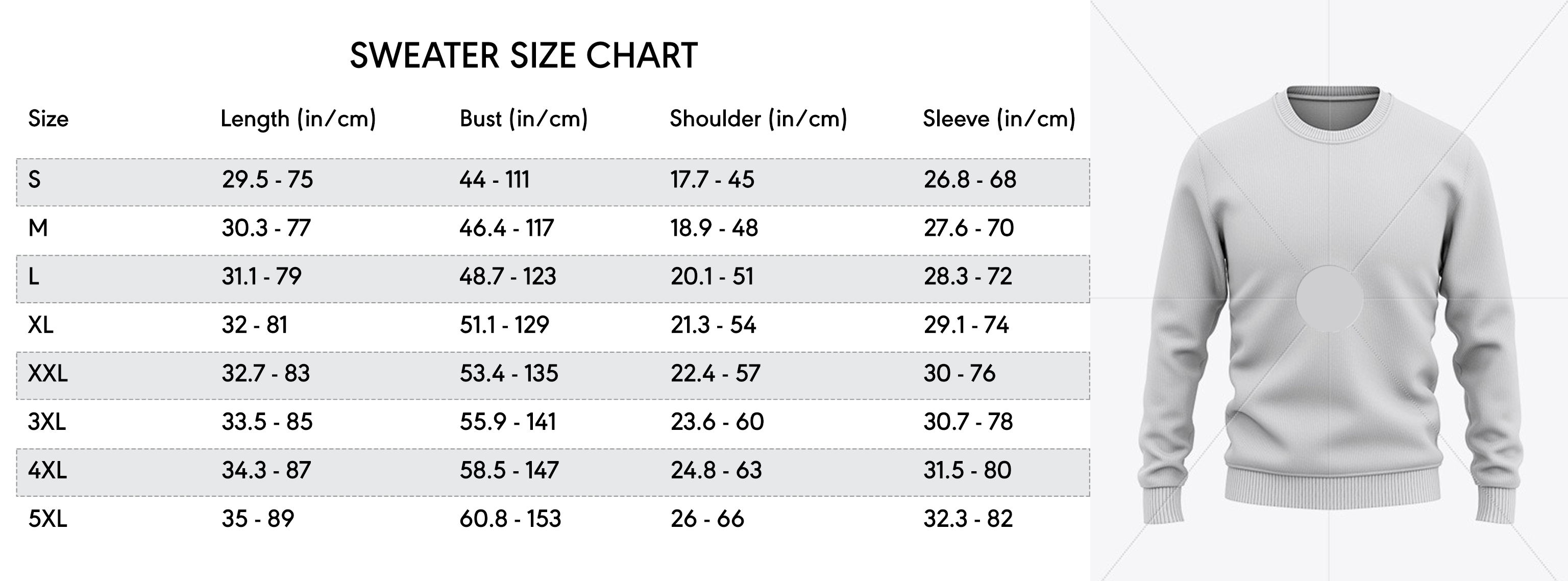
Connect us at:
Homepage: Owndesignshirt Store

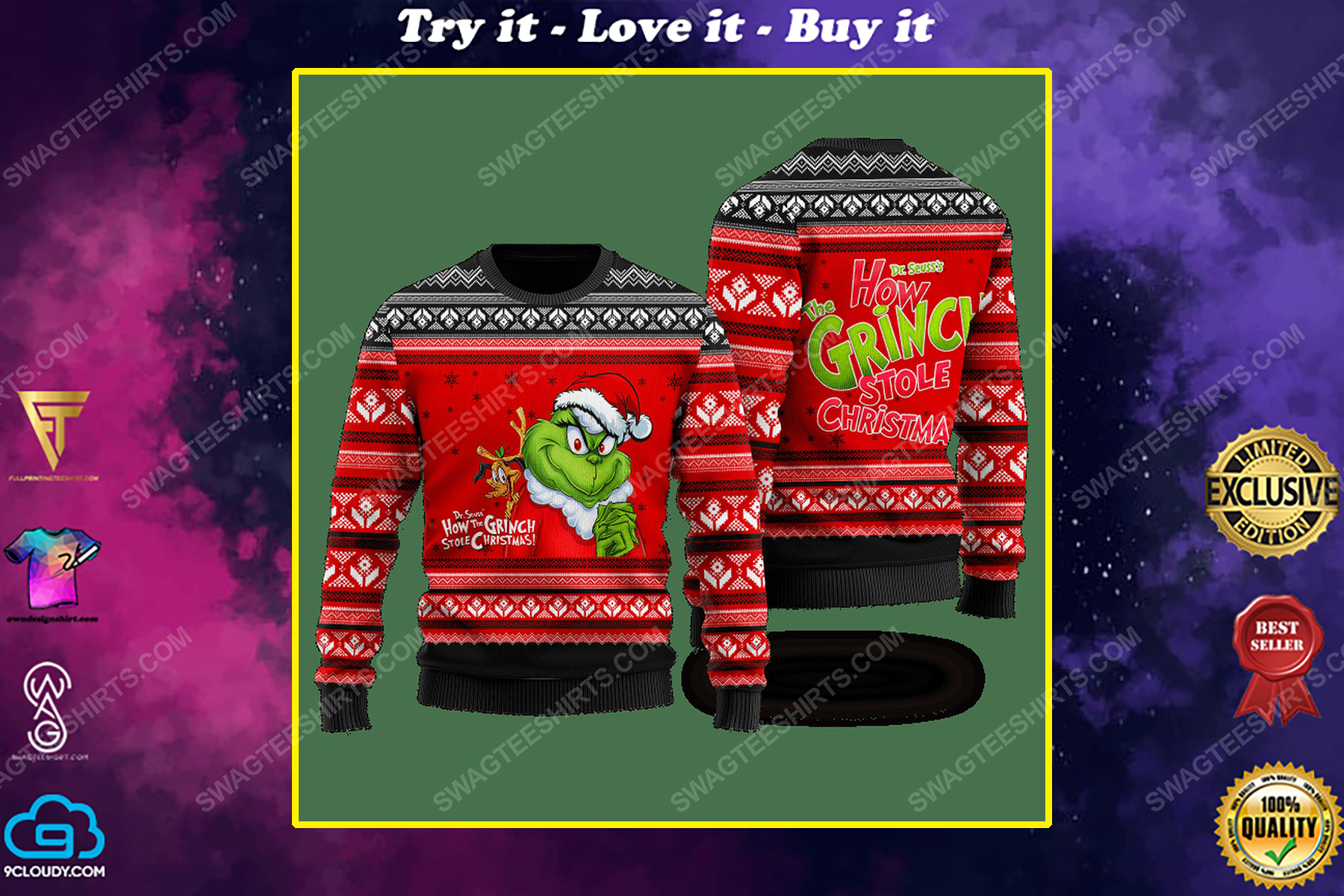
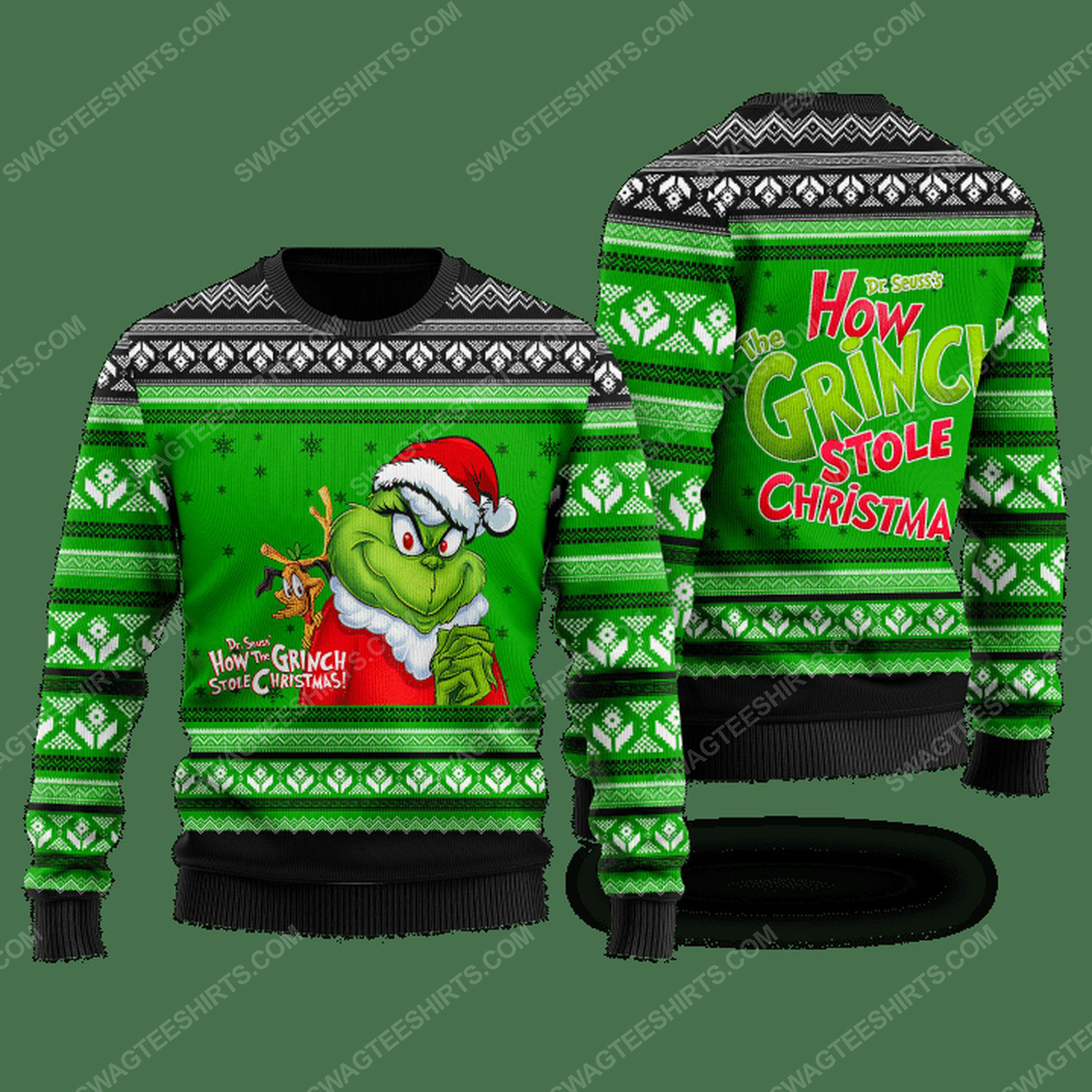
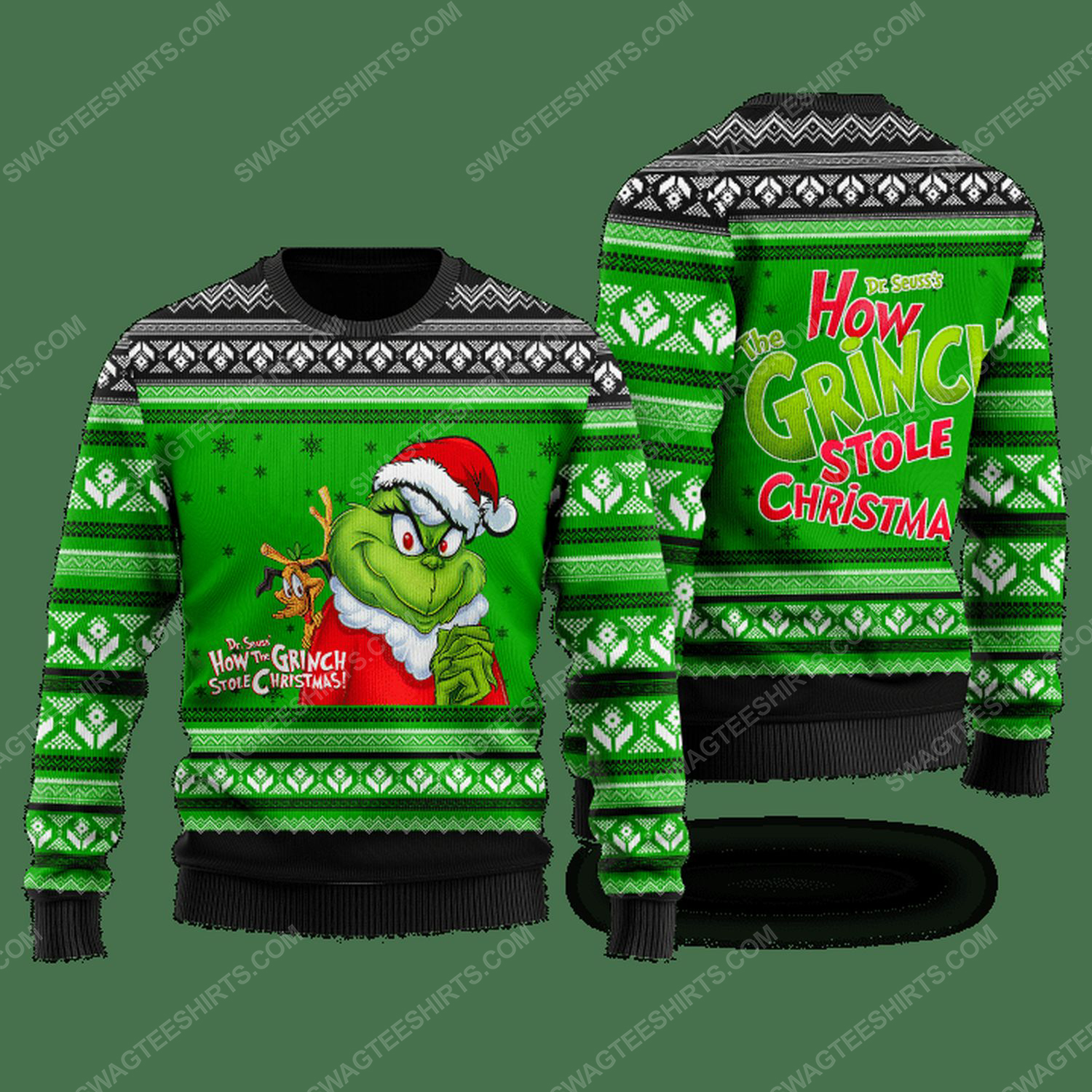
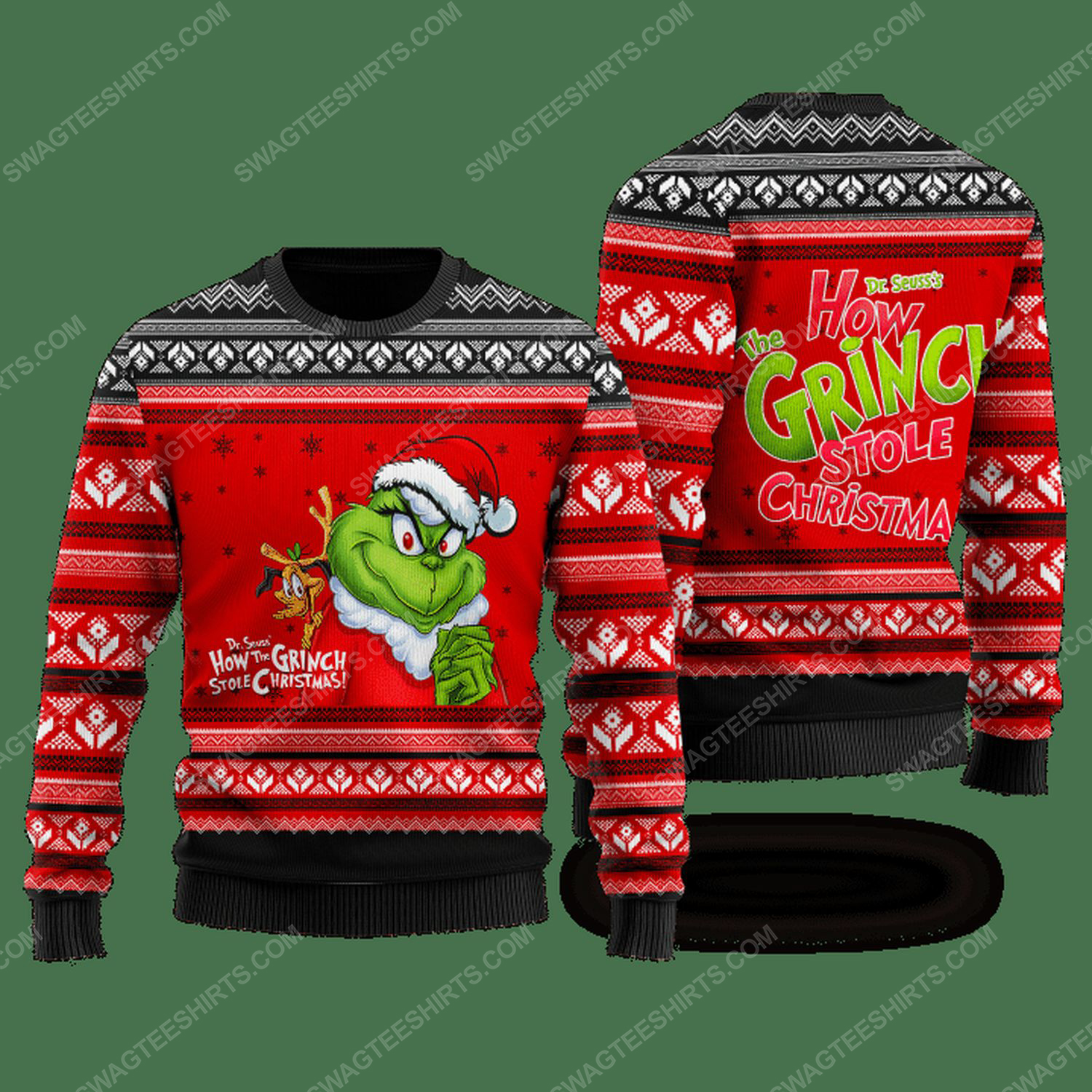
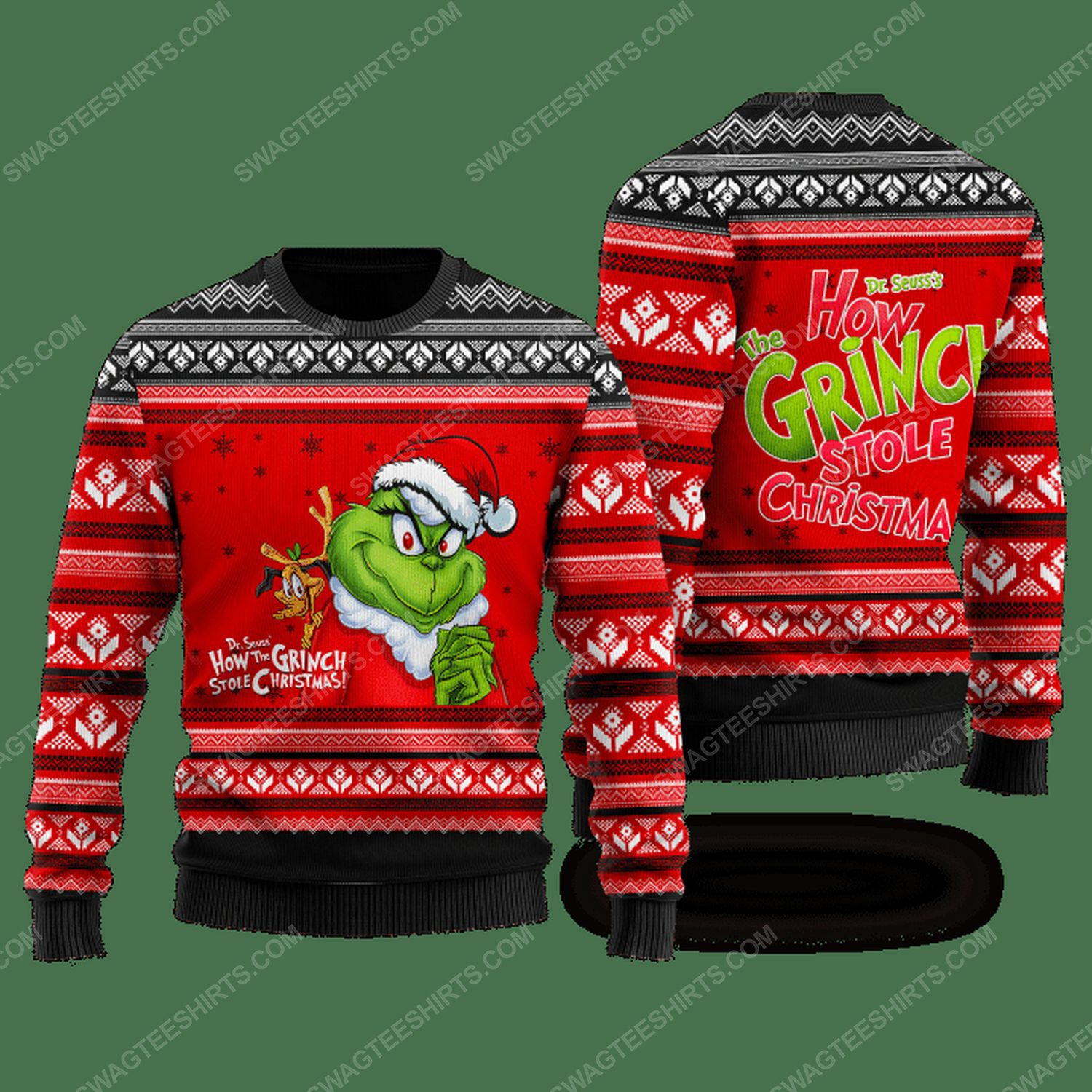
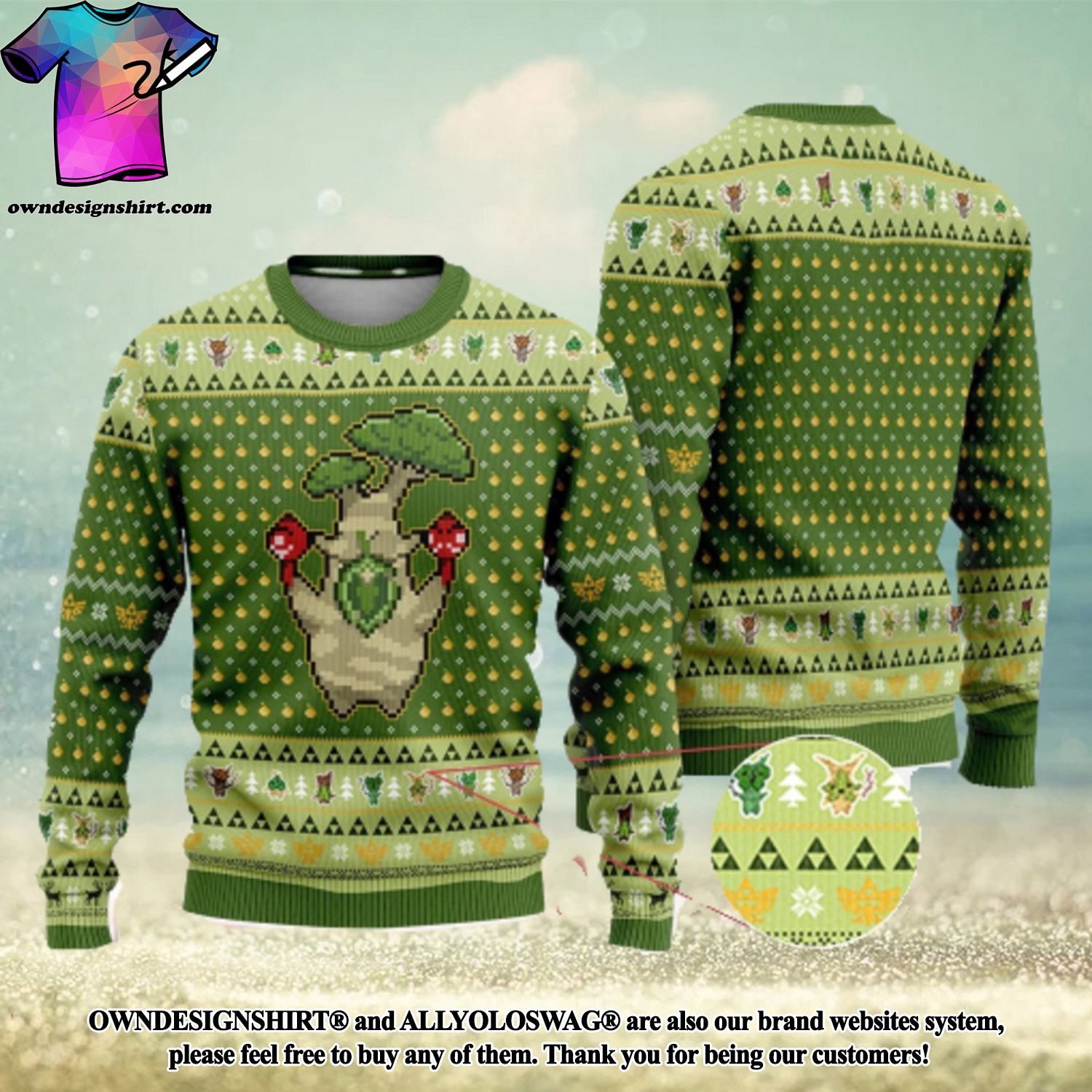
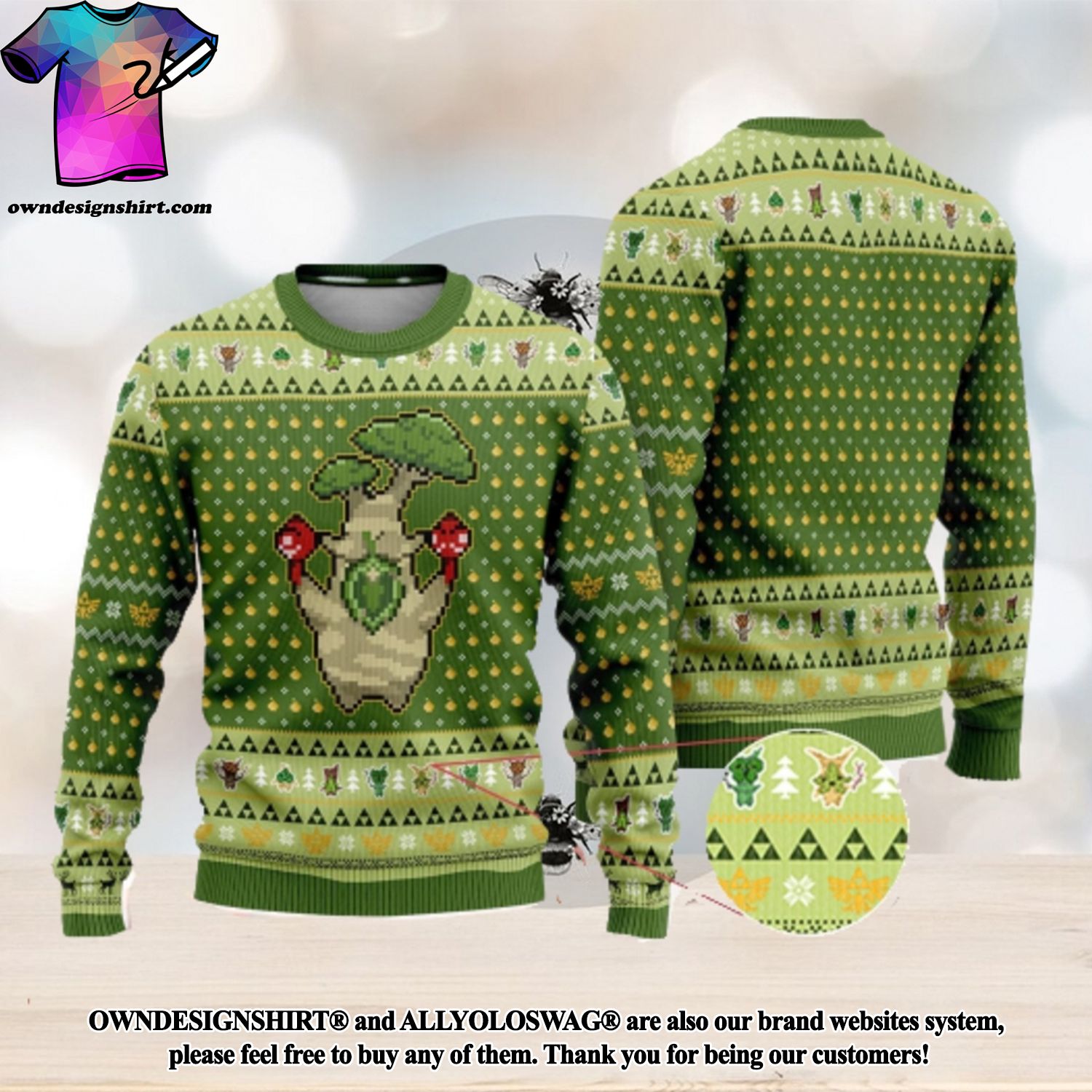
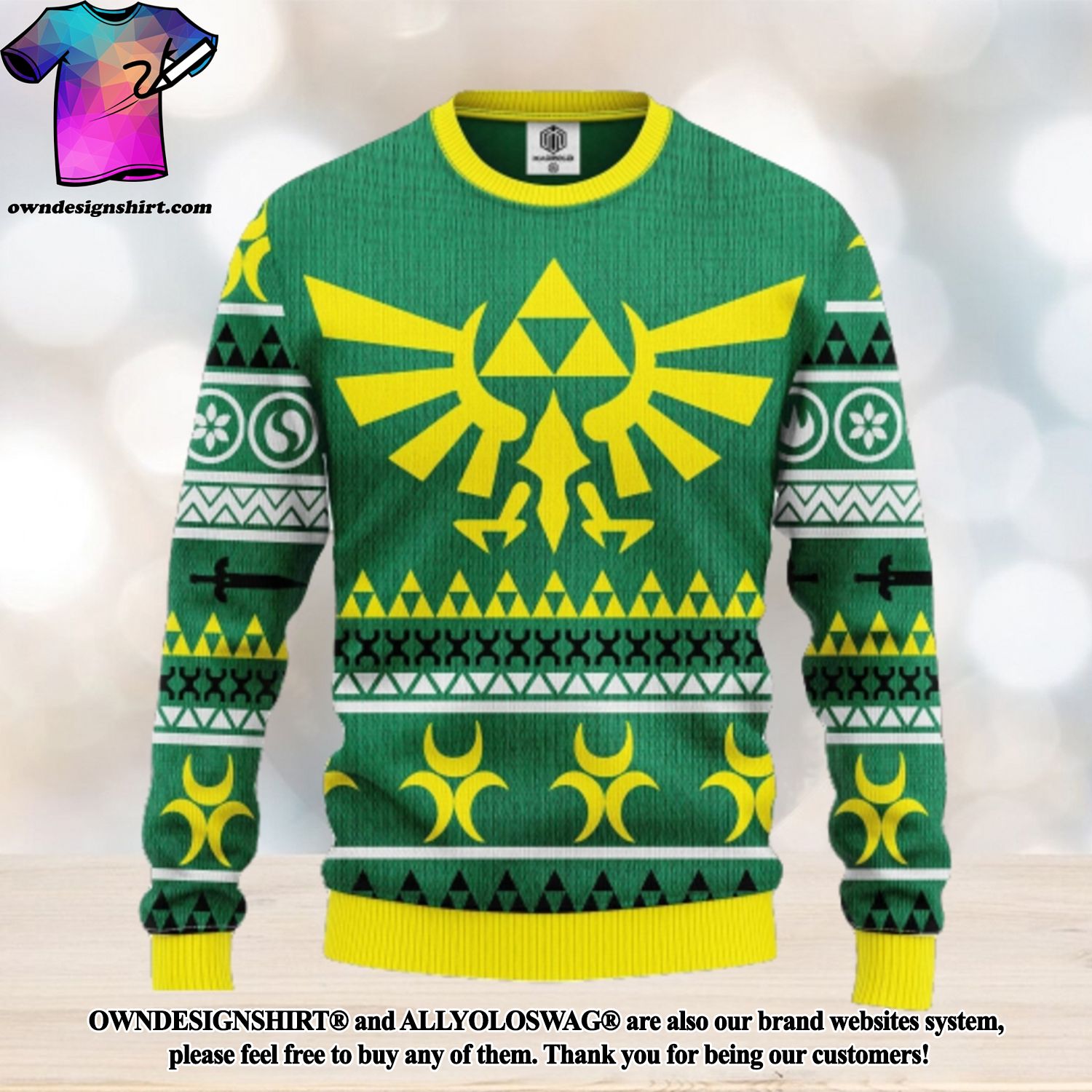
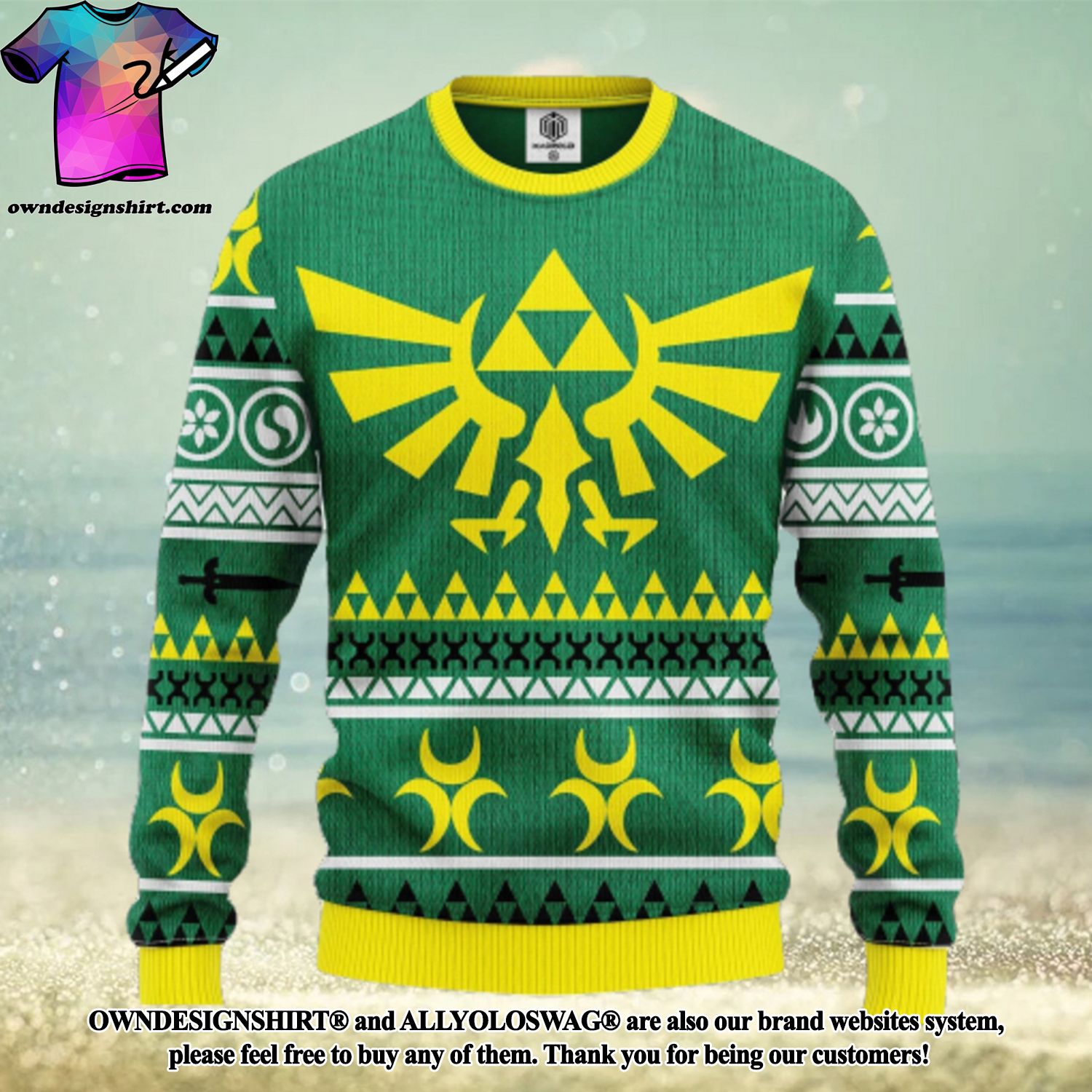
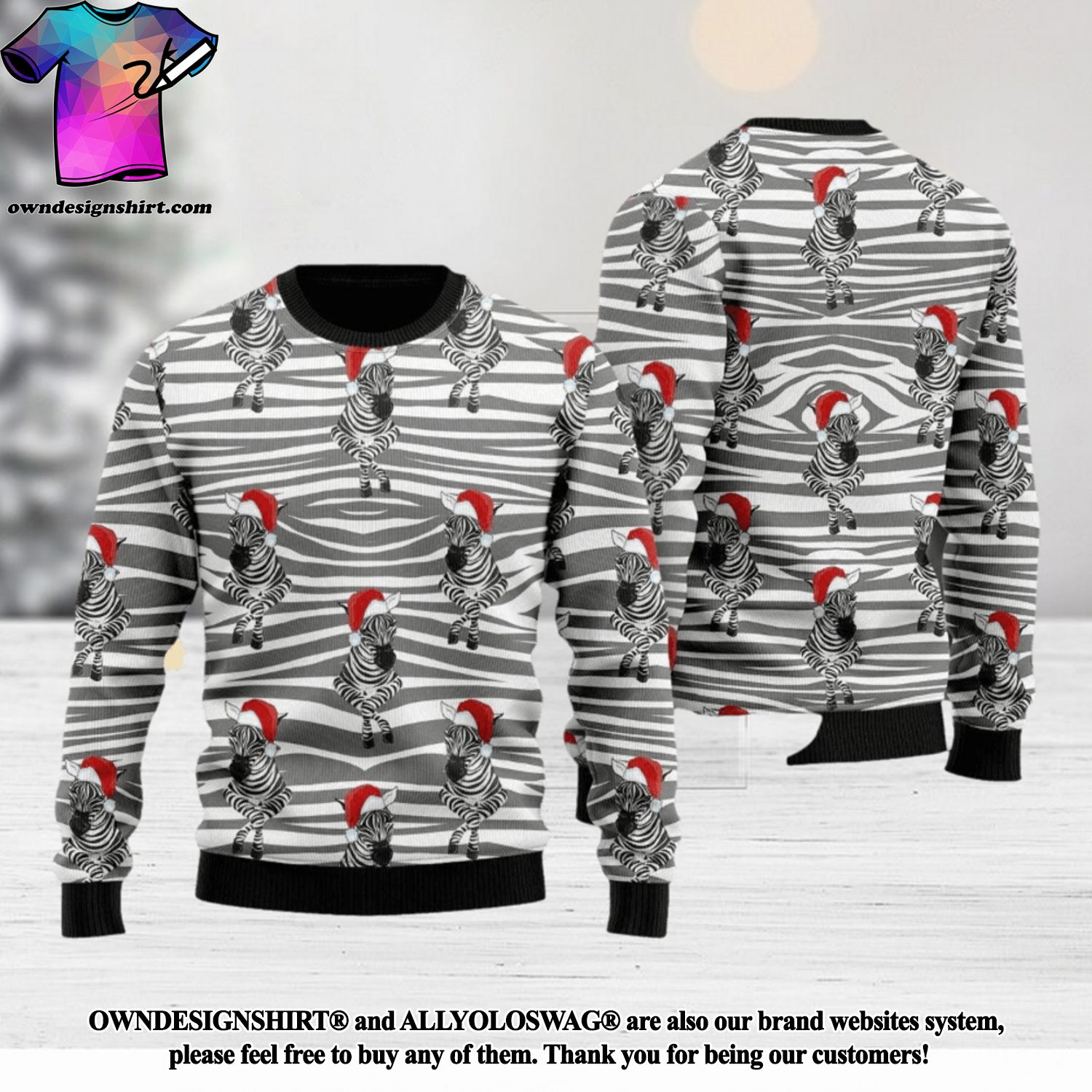
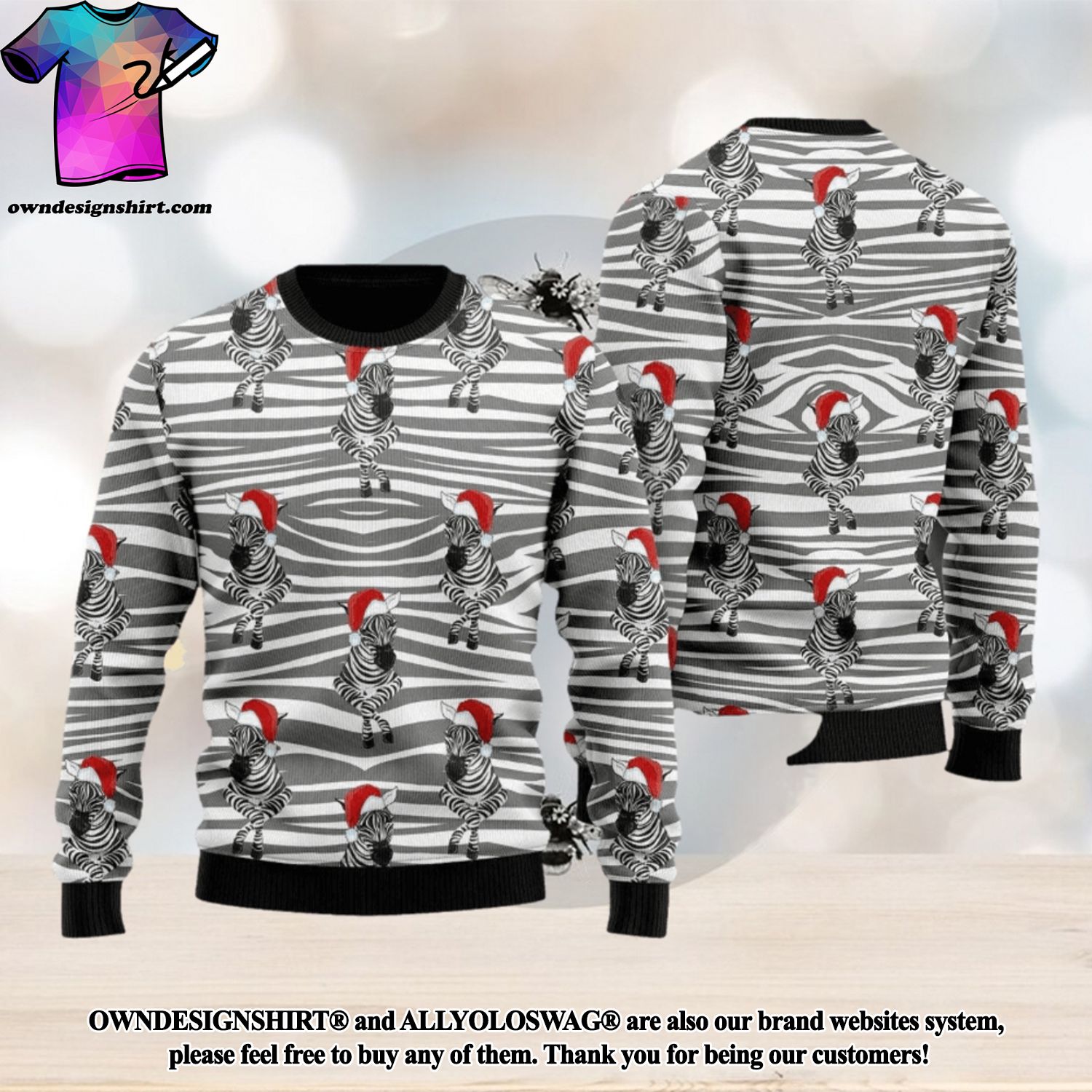
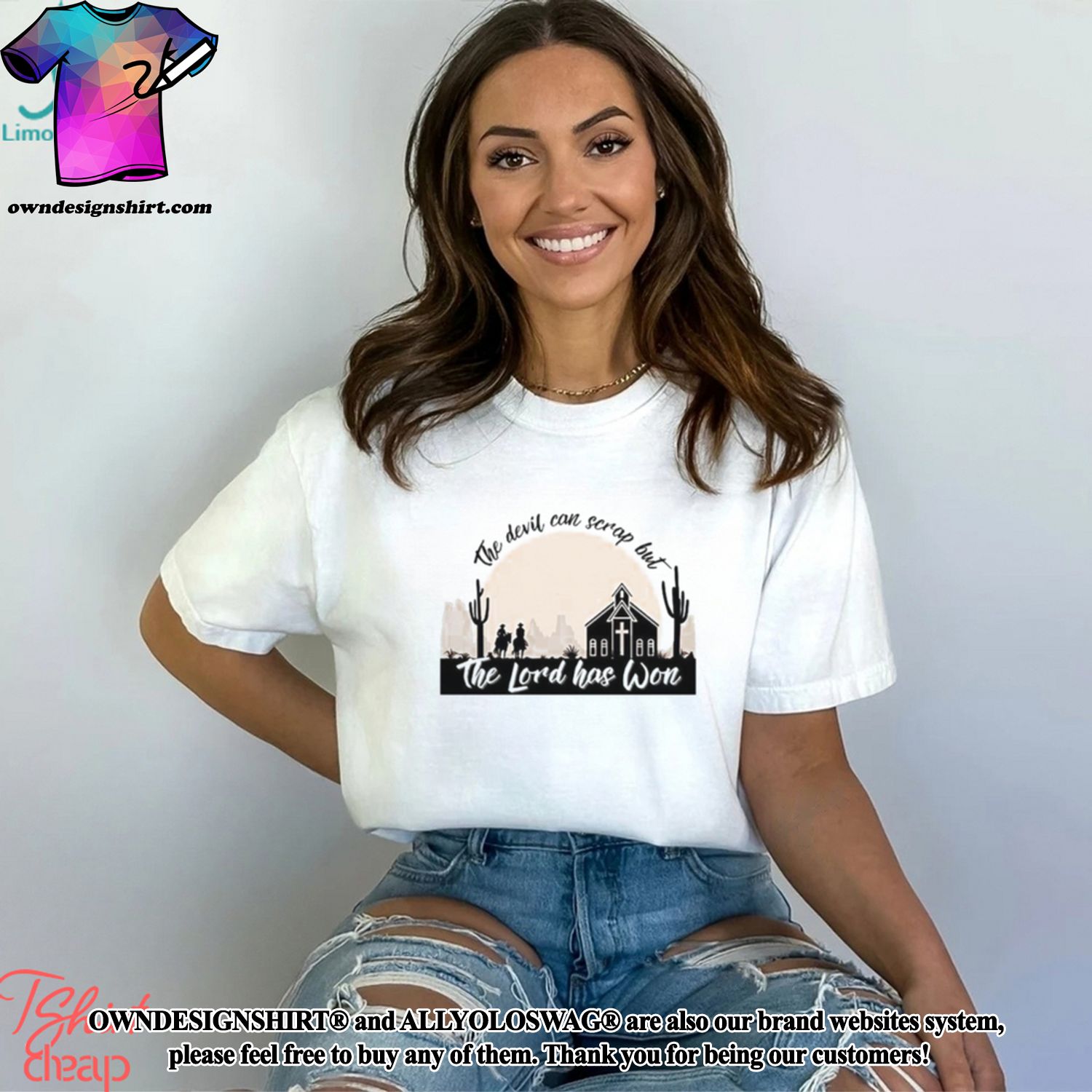
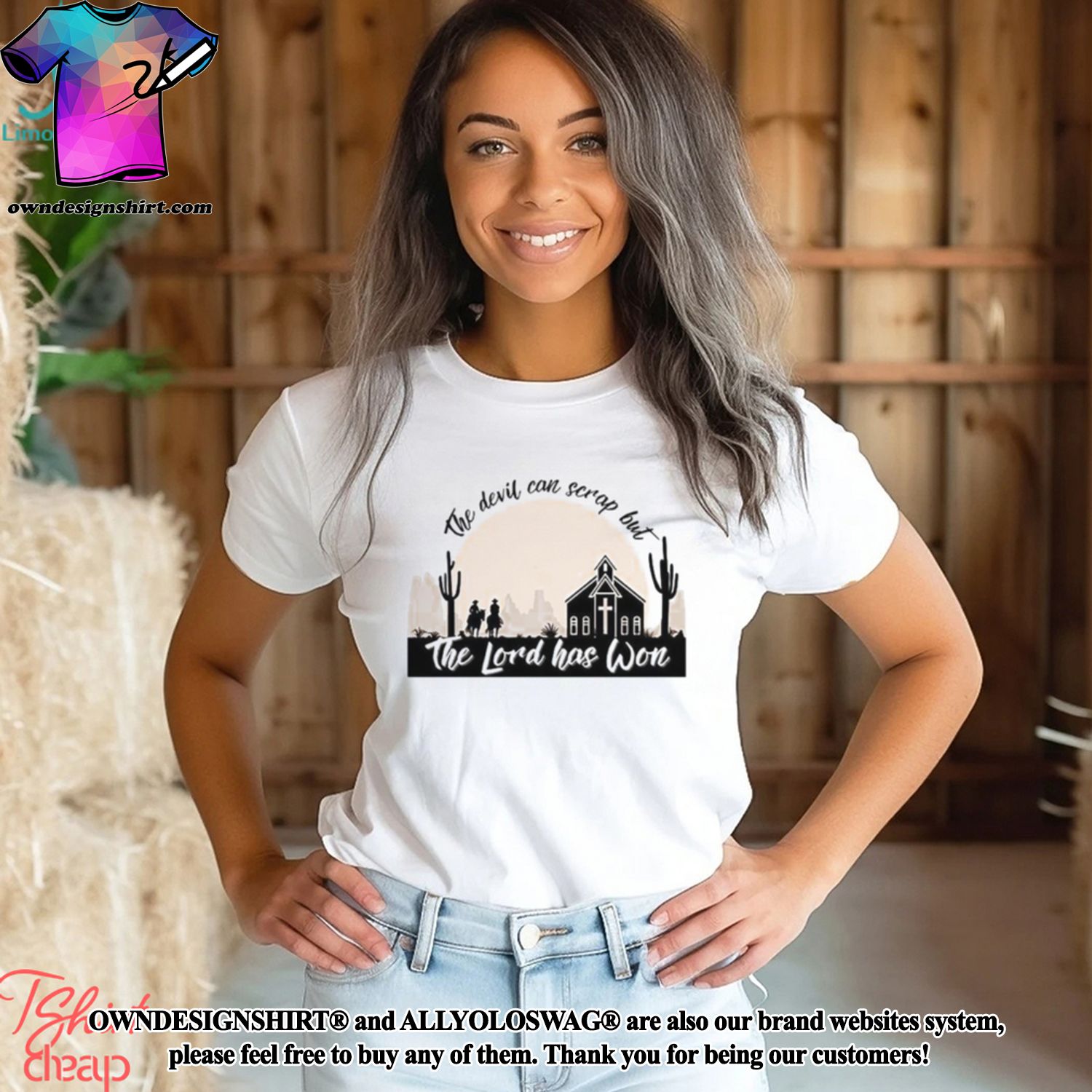
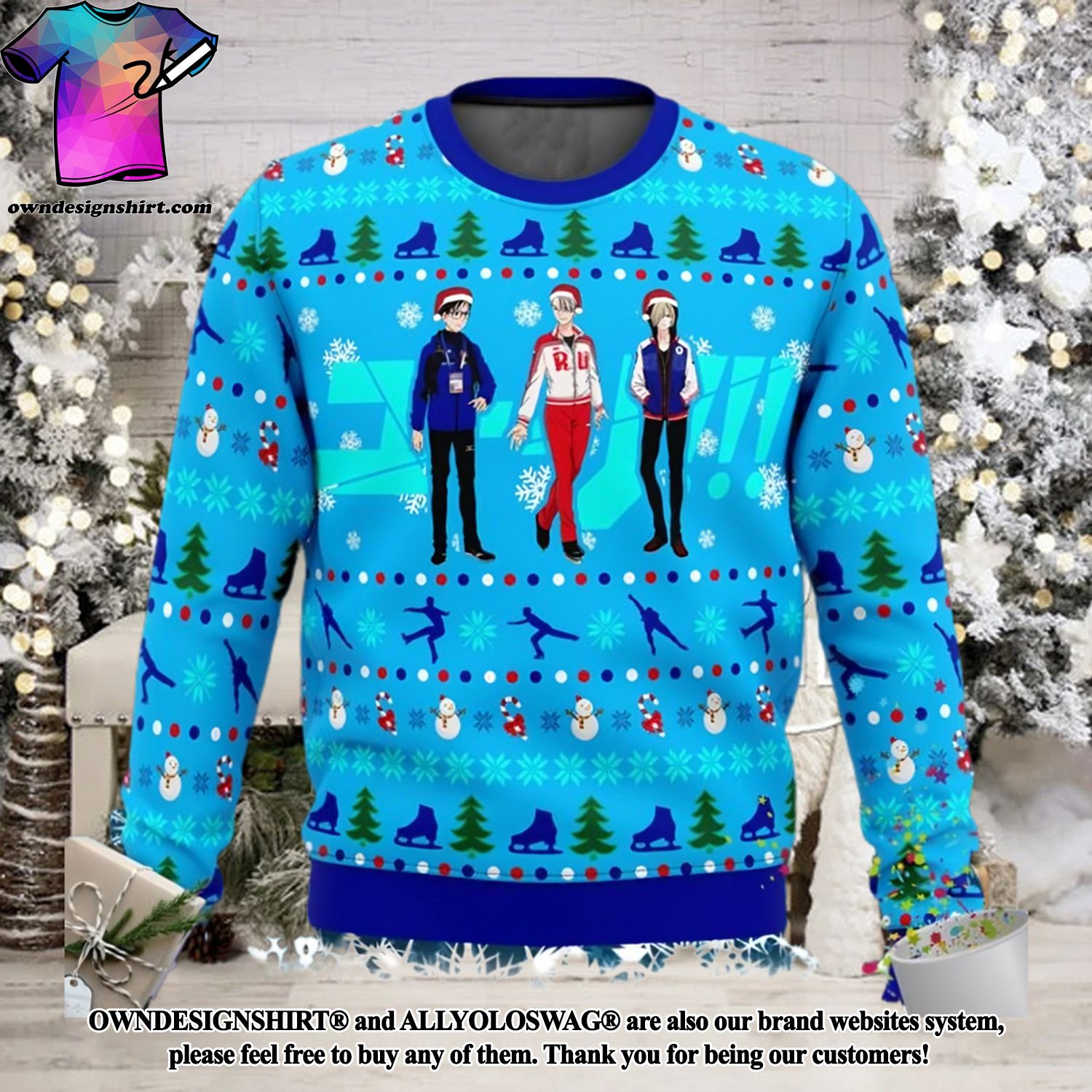
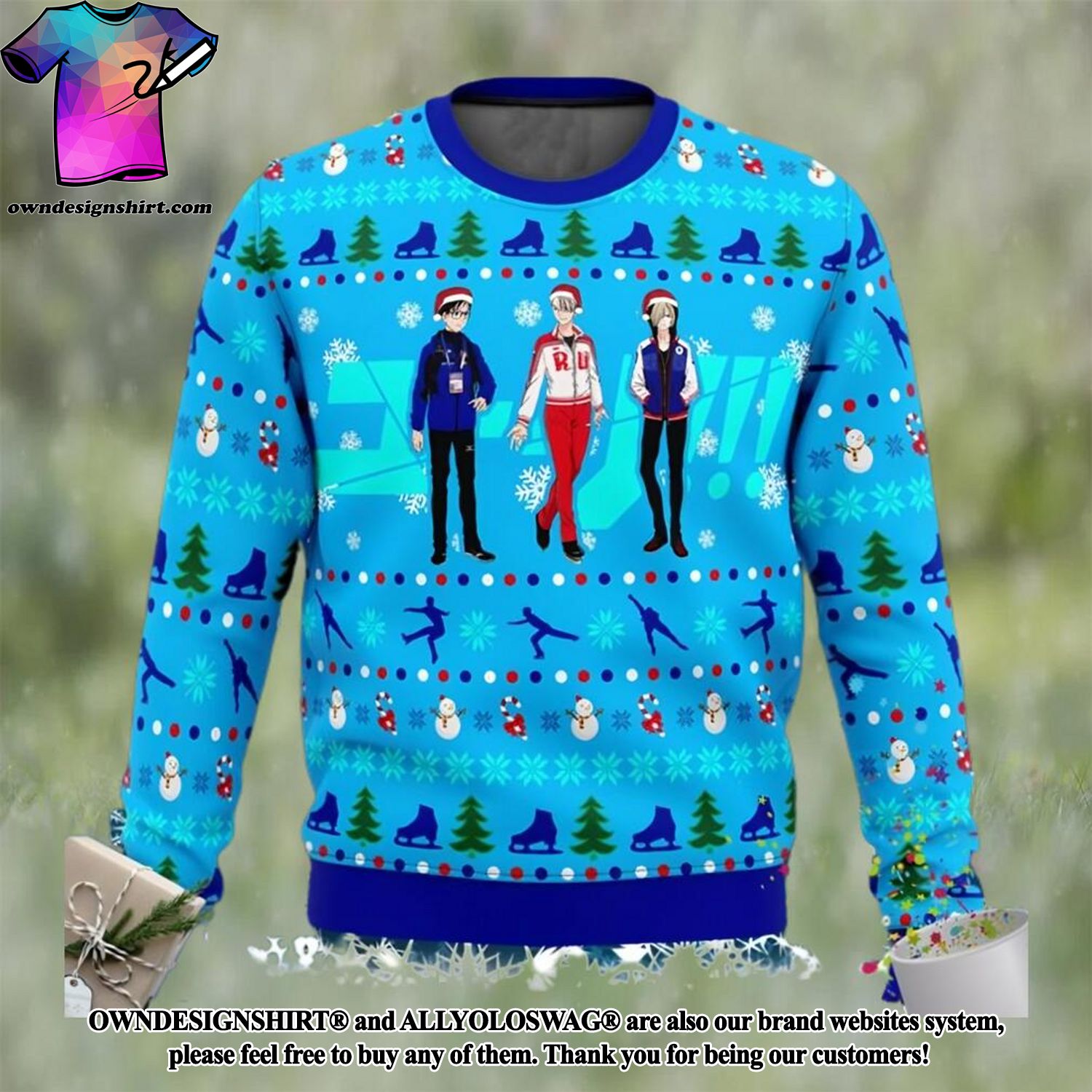
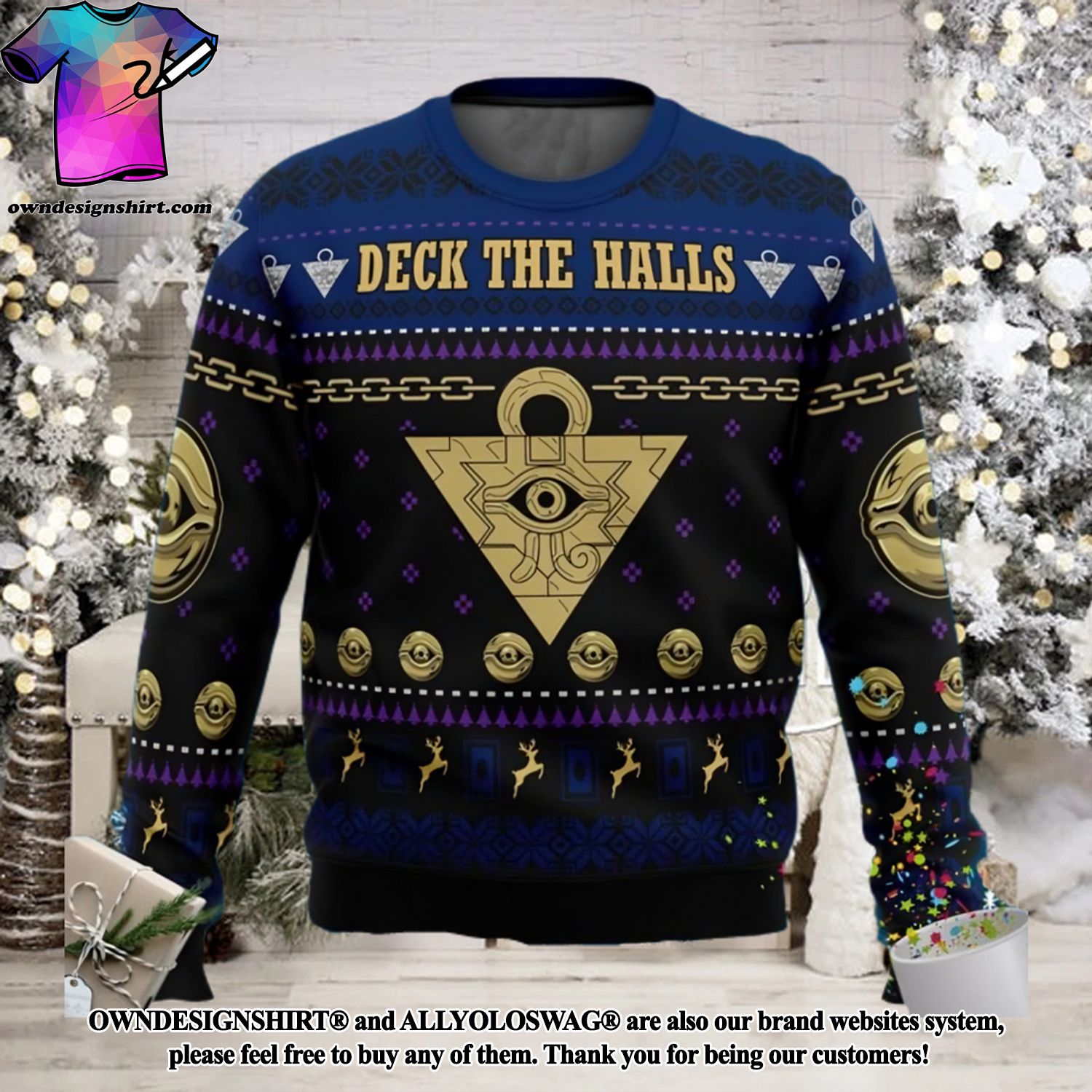
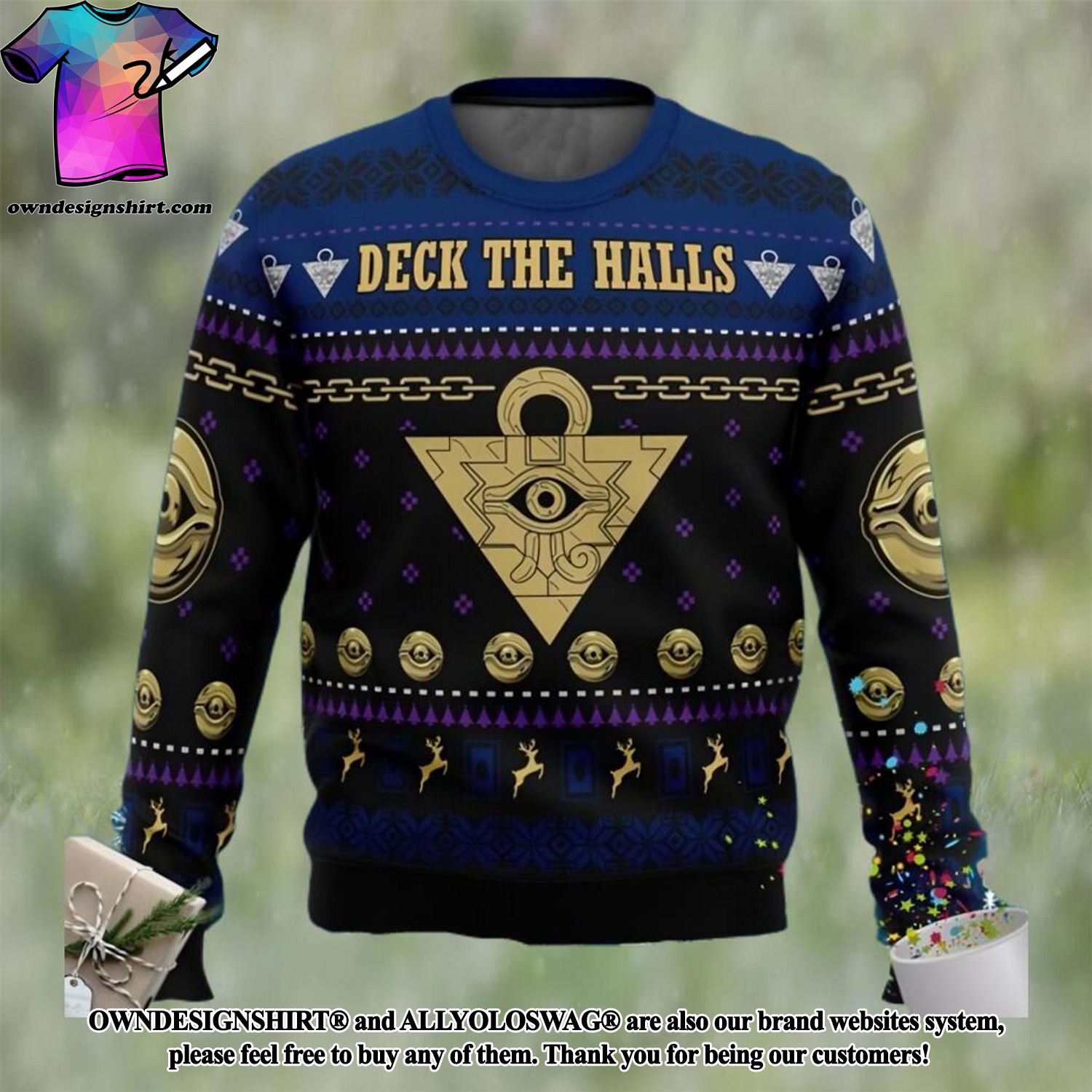
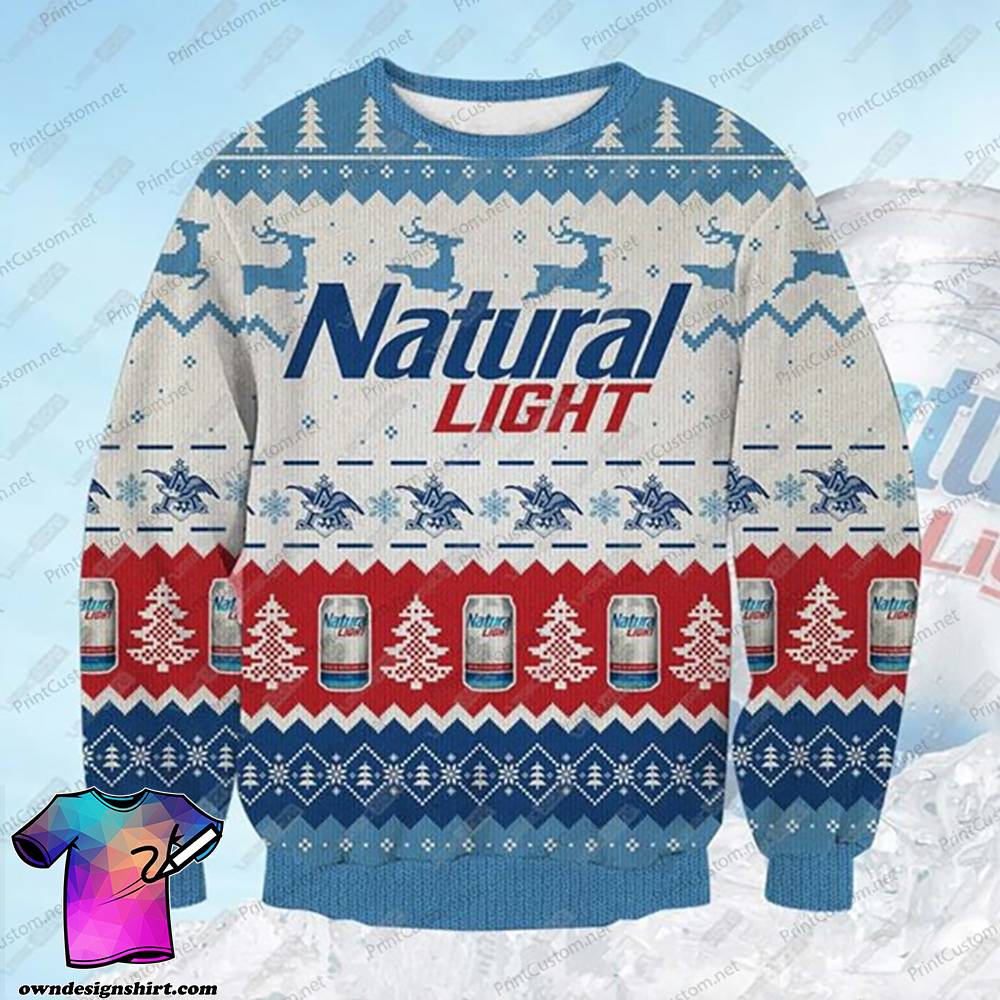
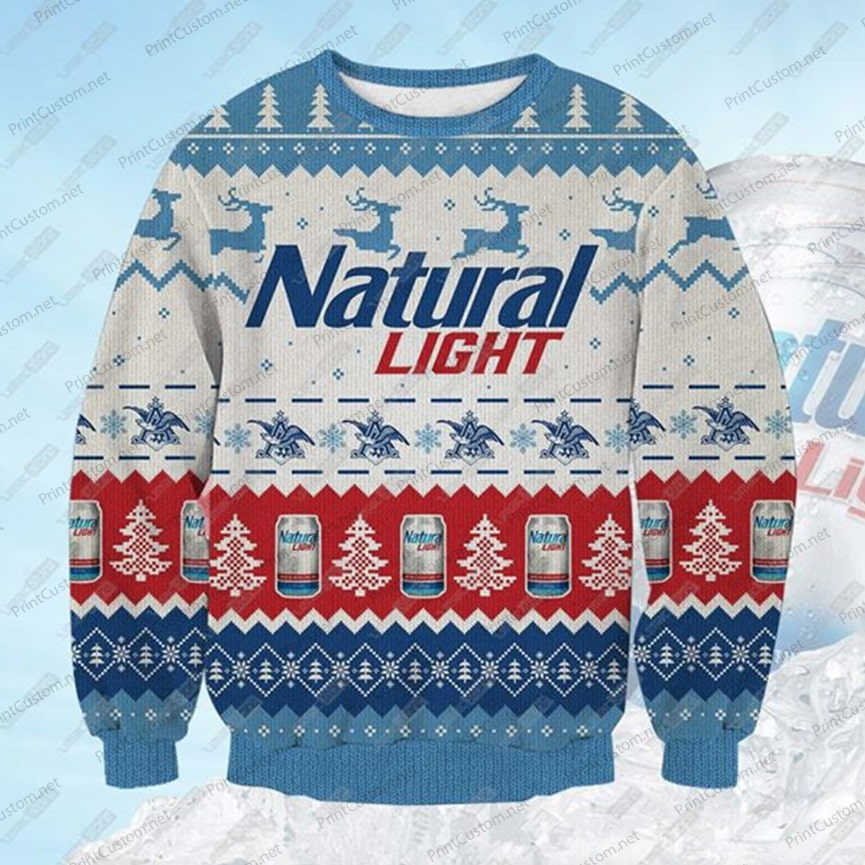
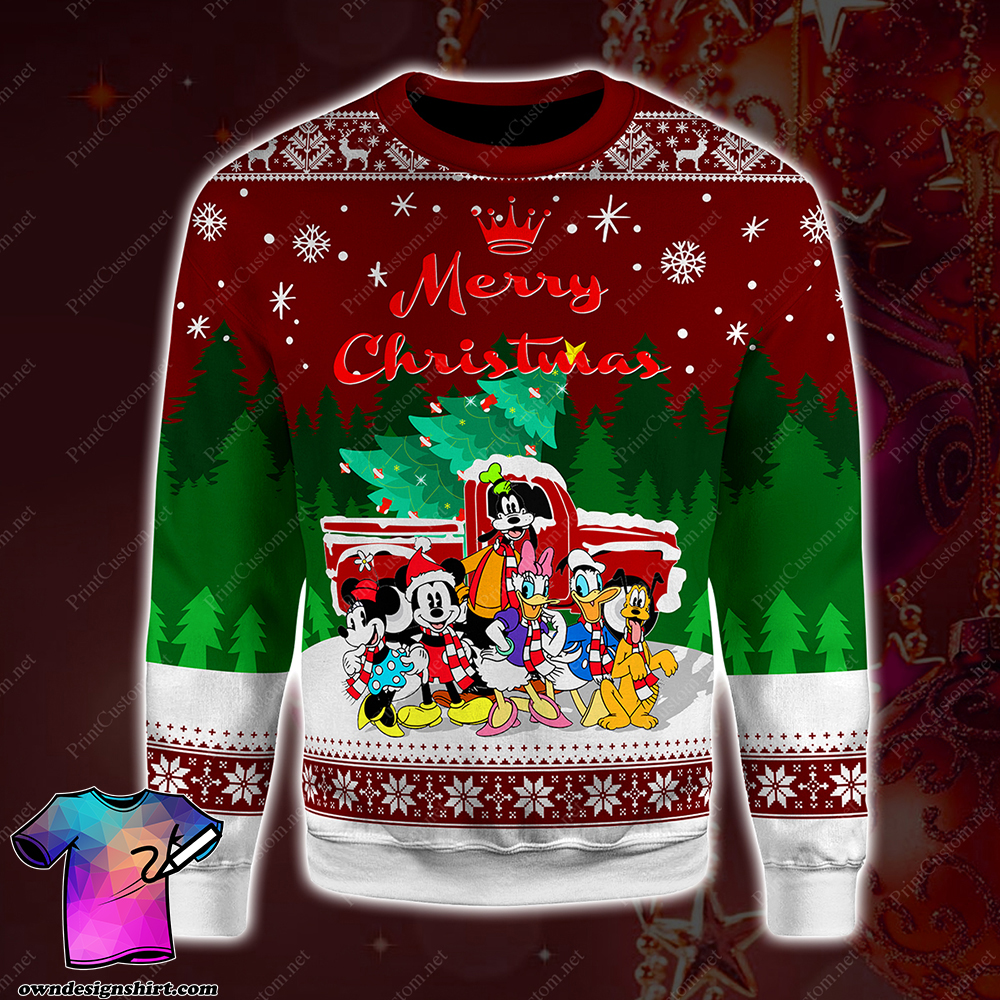
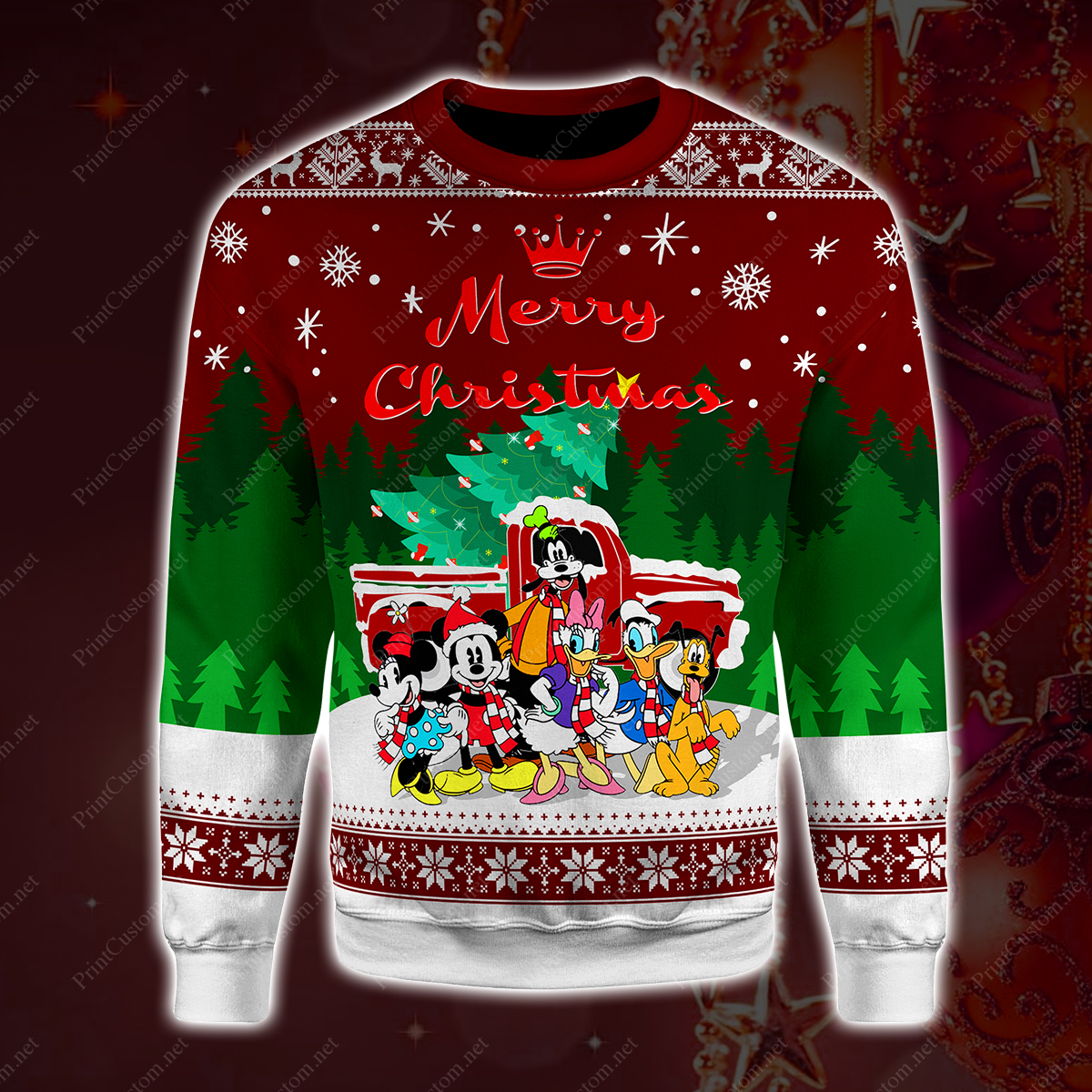
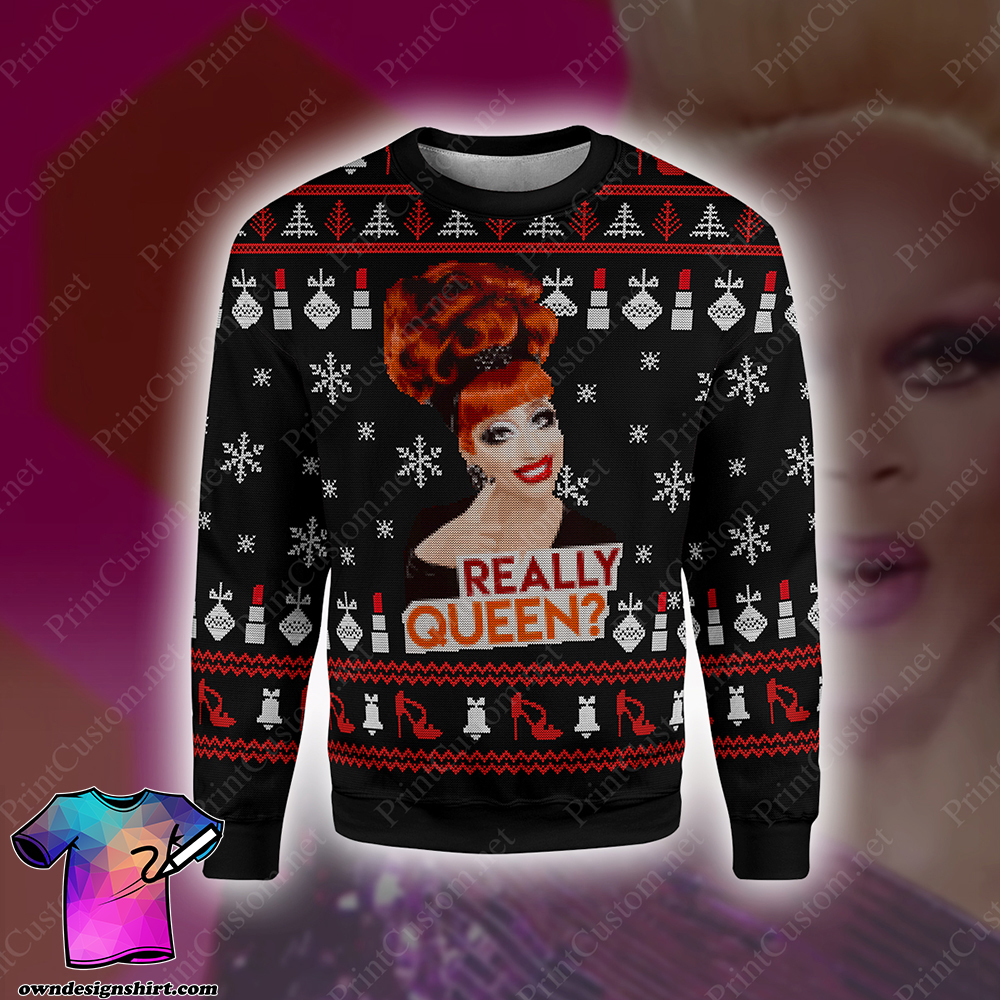
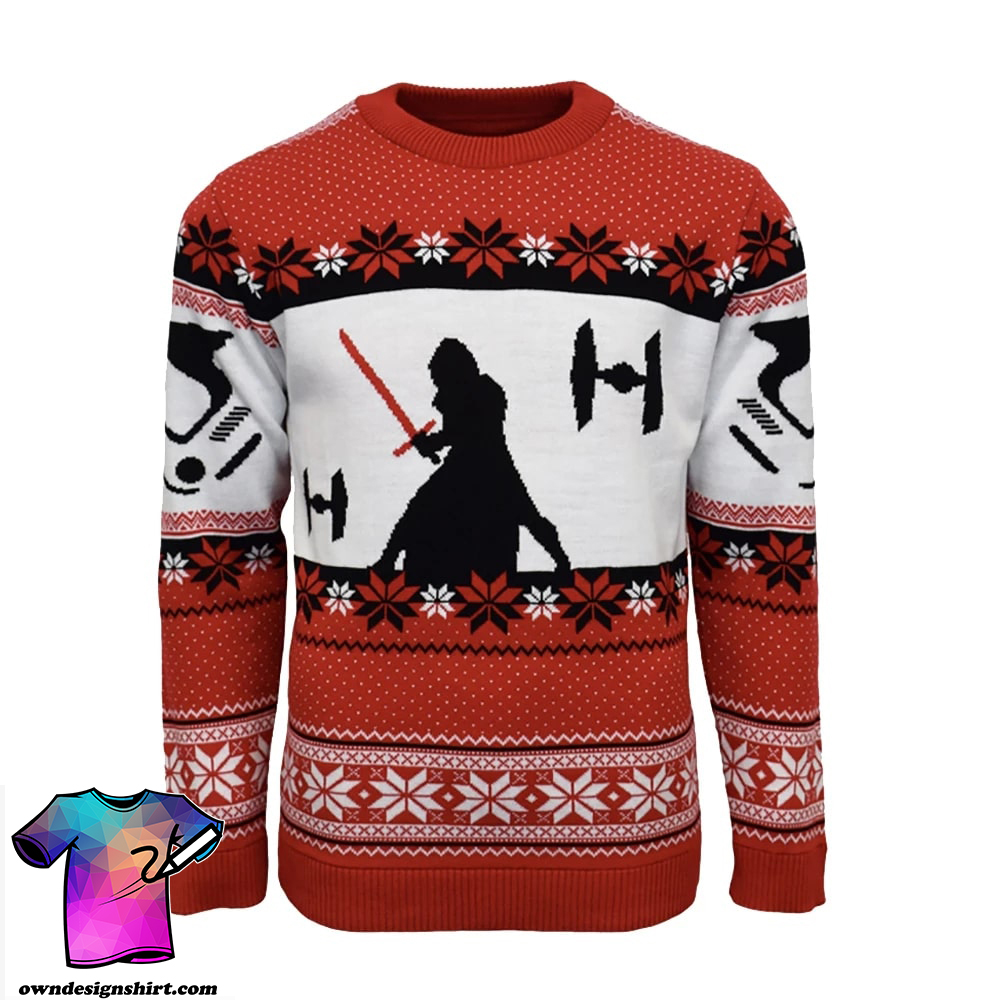
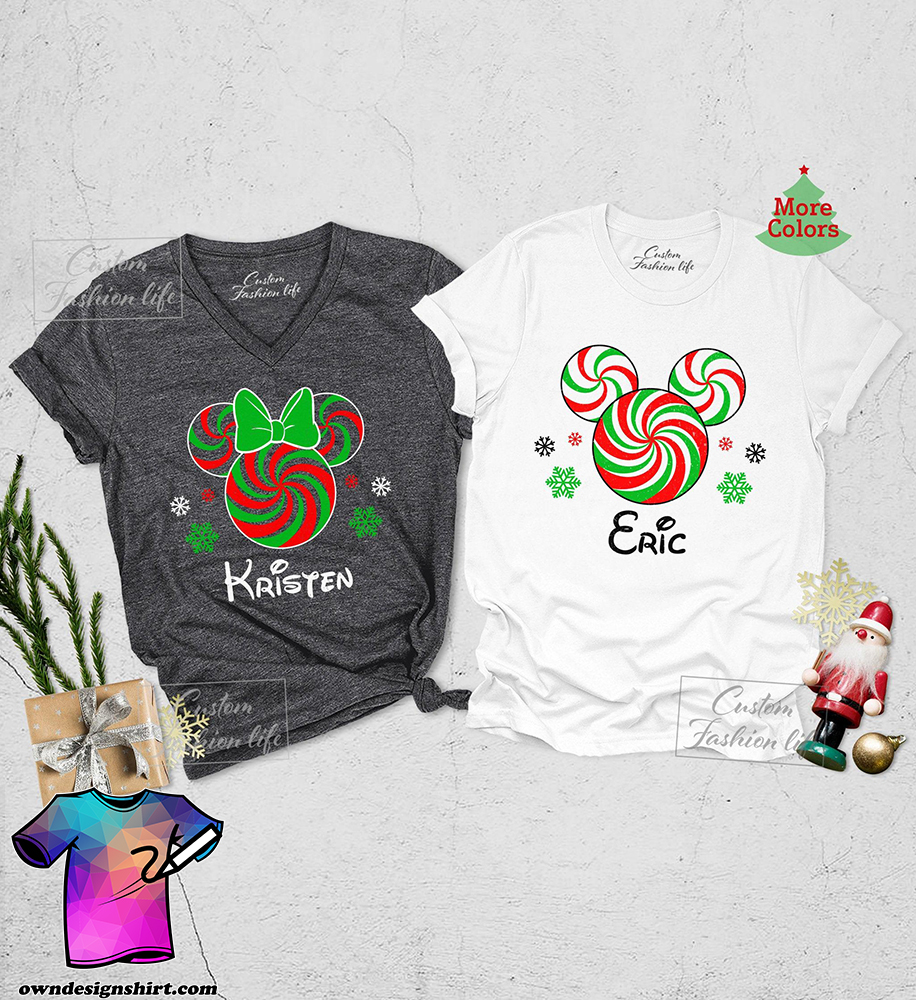
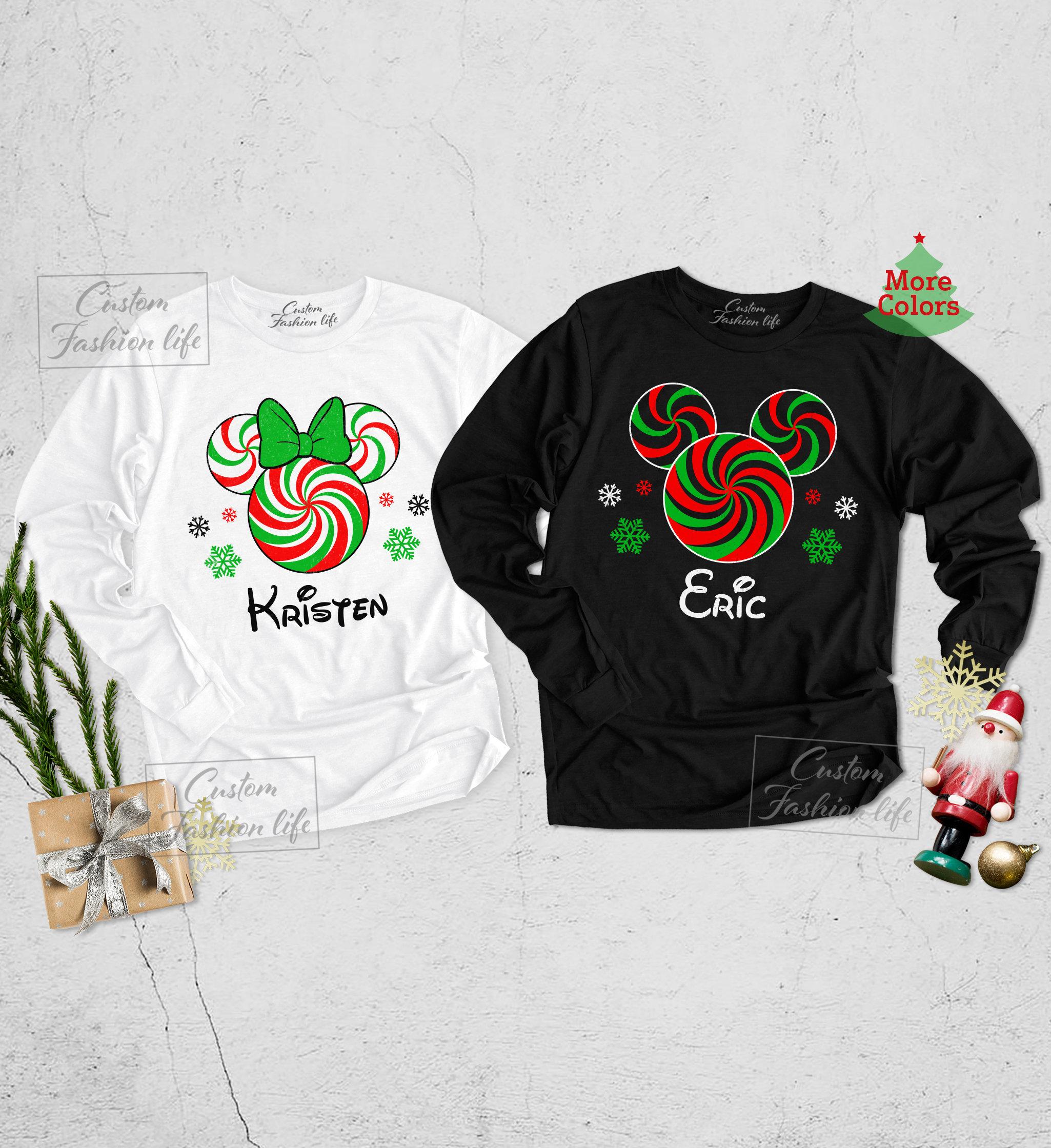
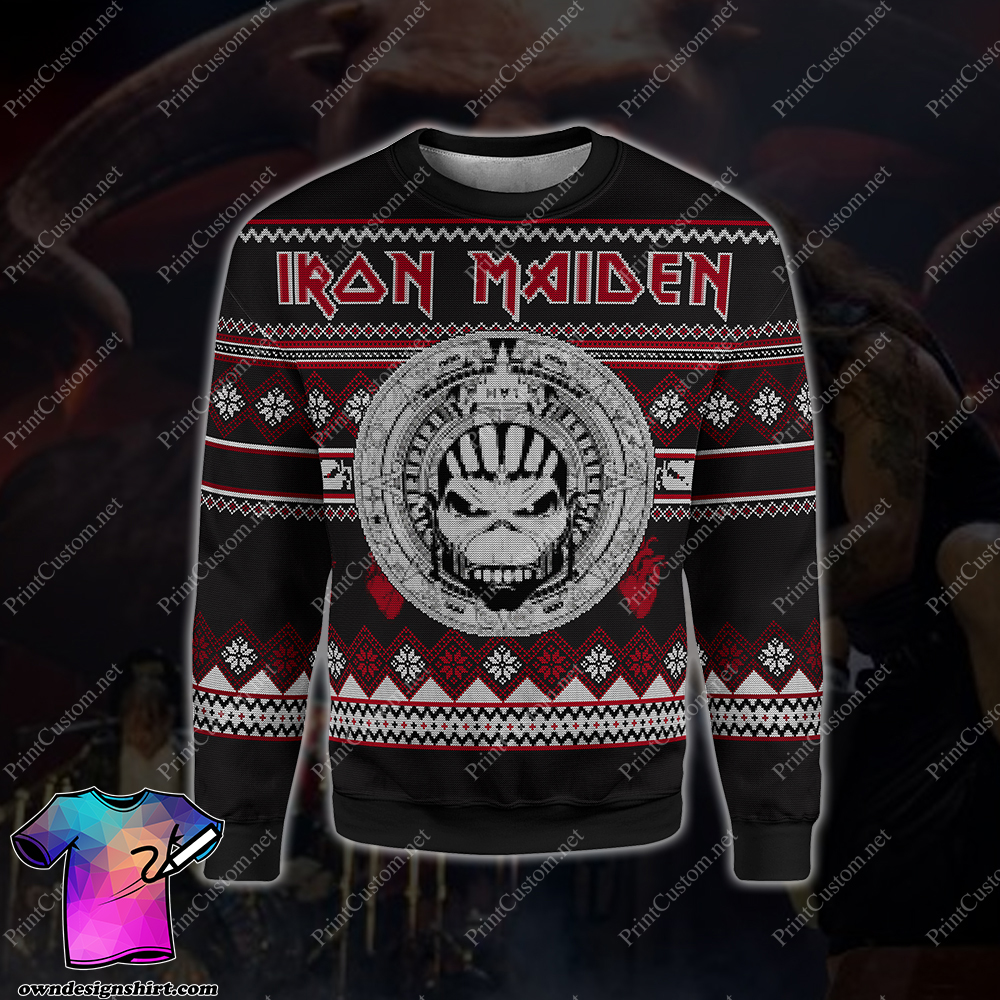
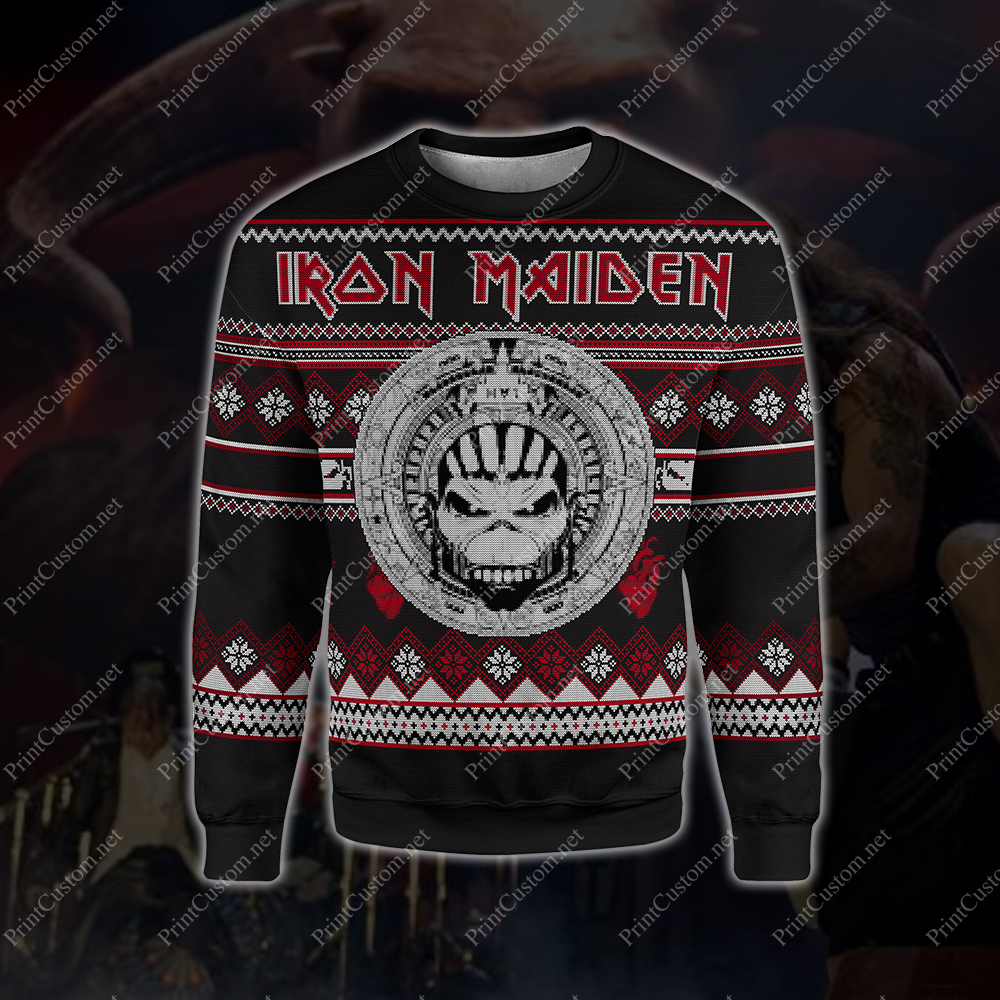
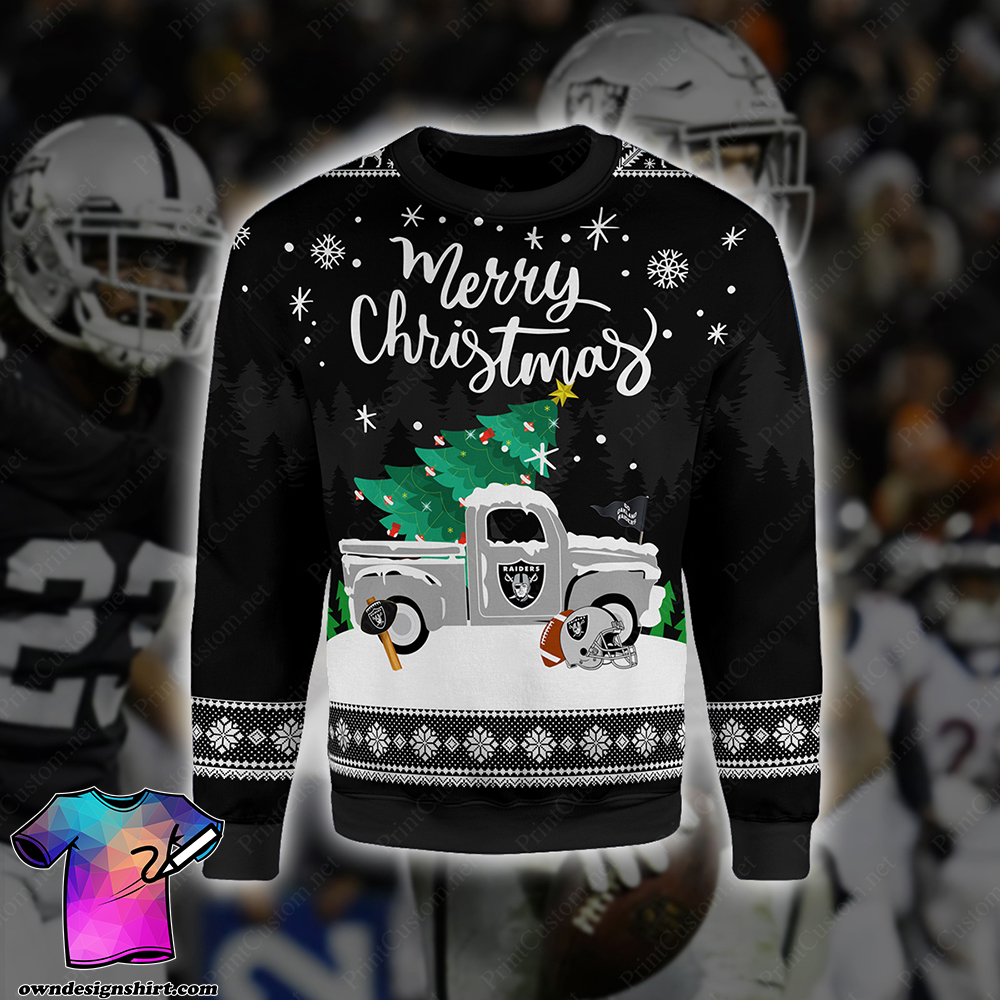
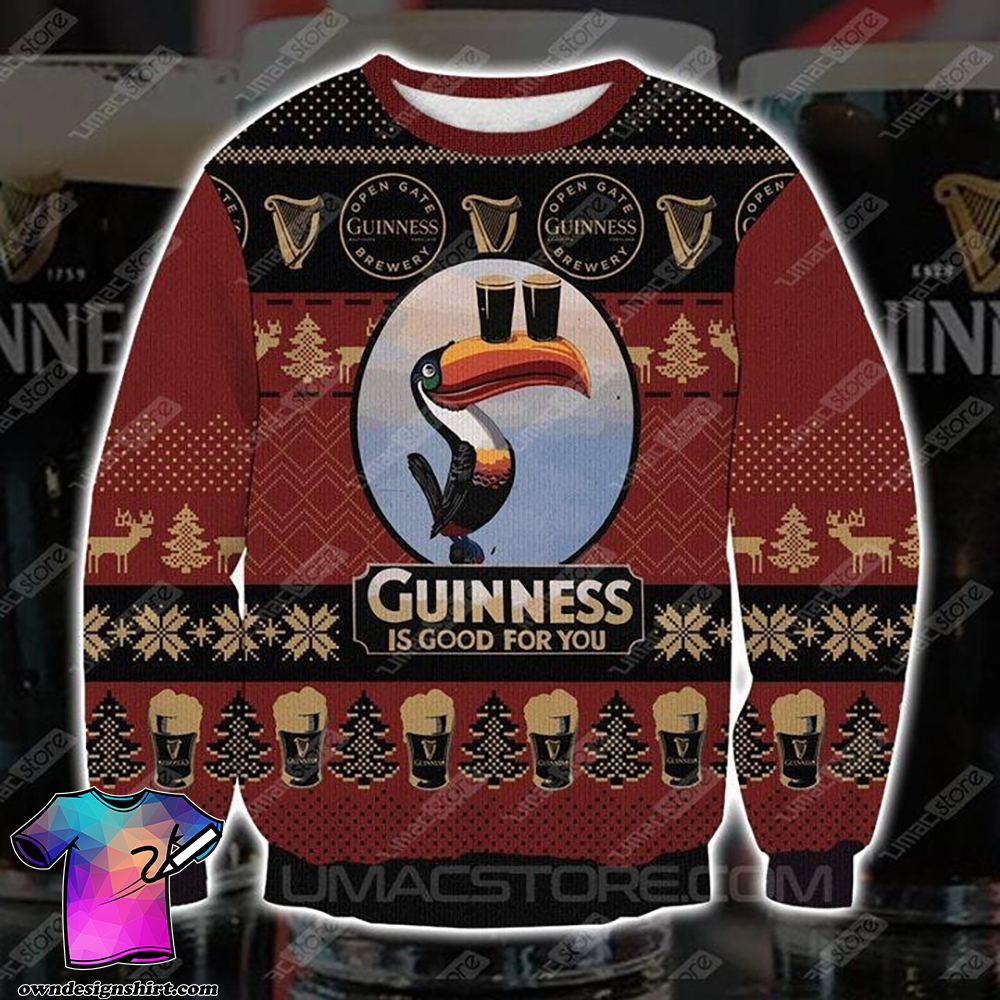
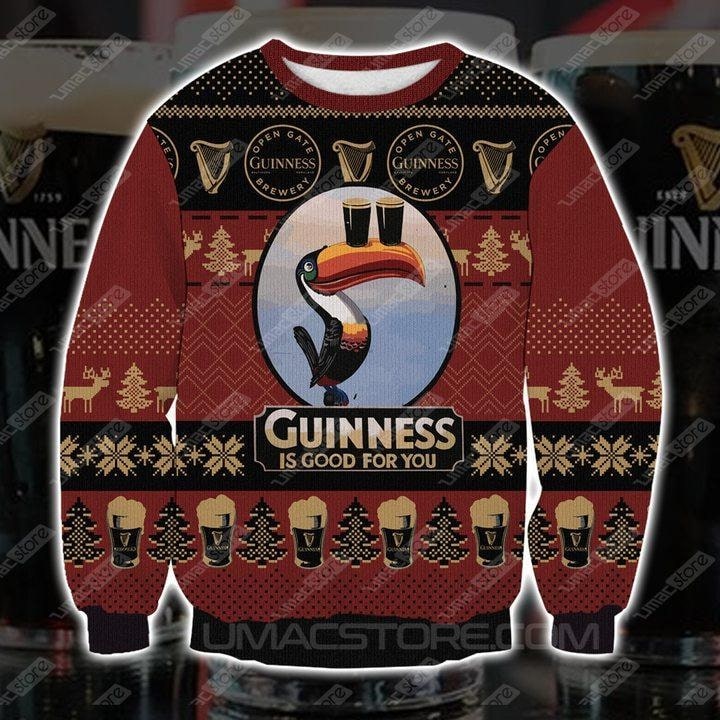
Reviews
There are no reviews yet.